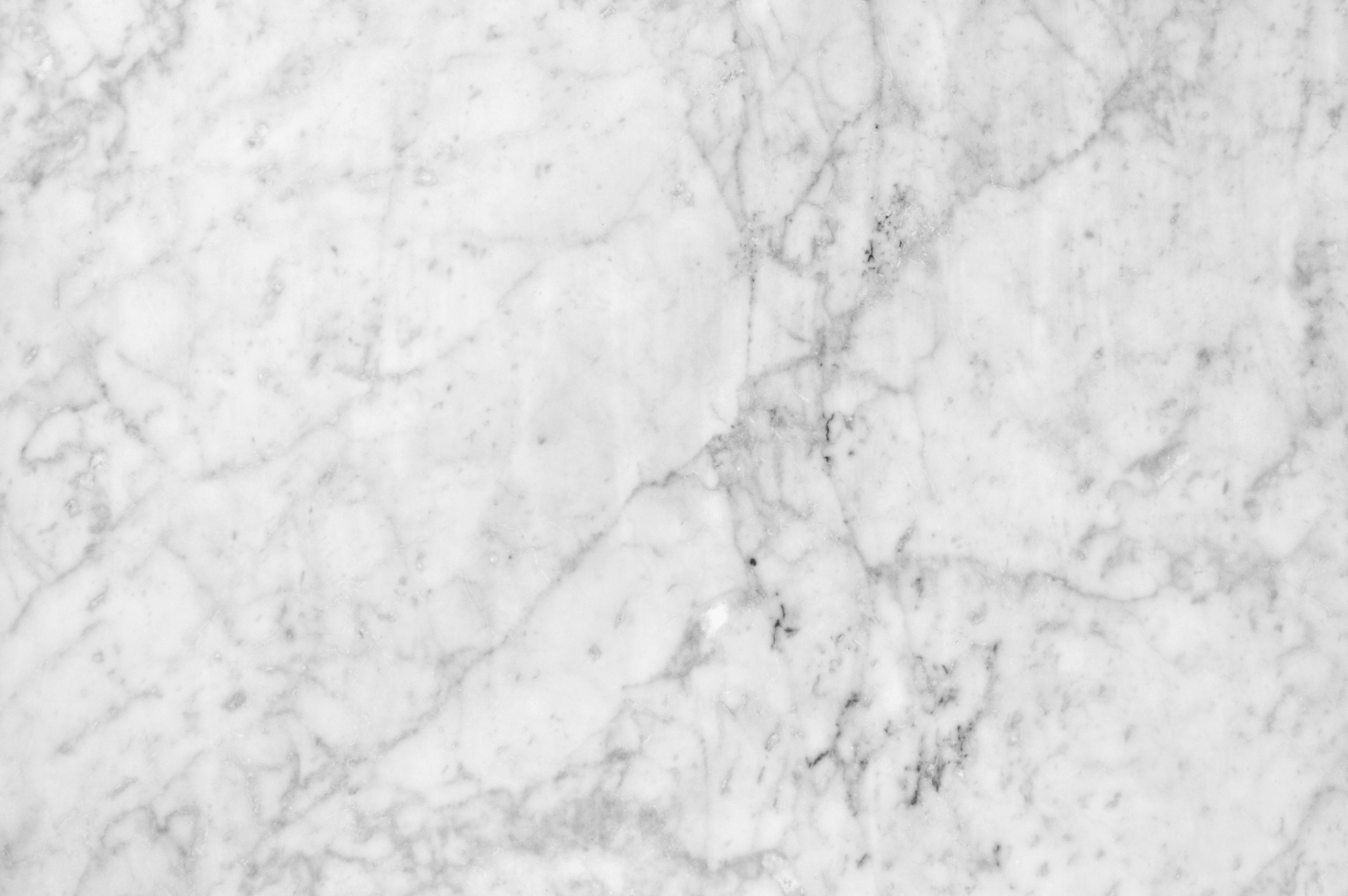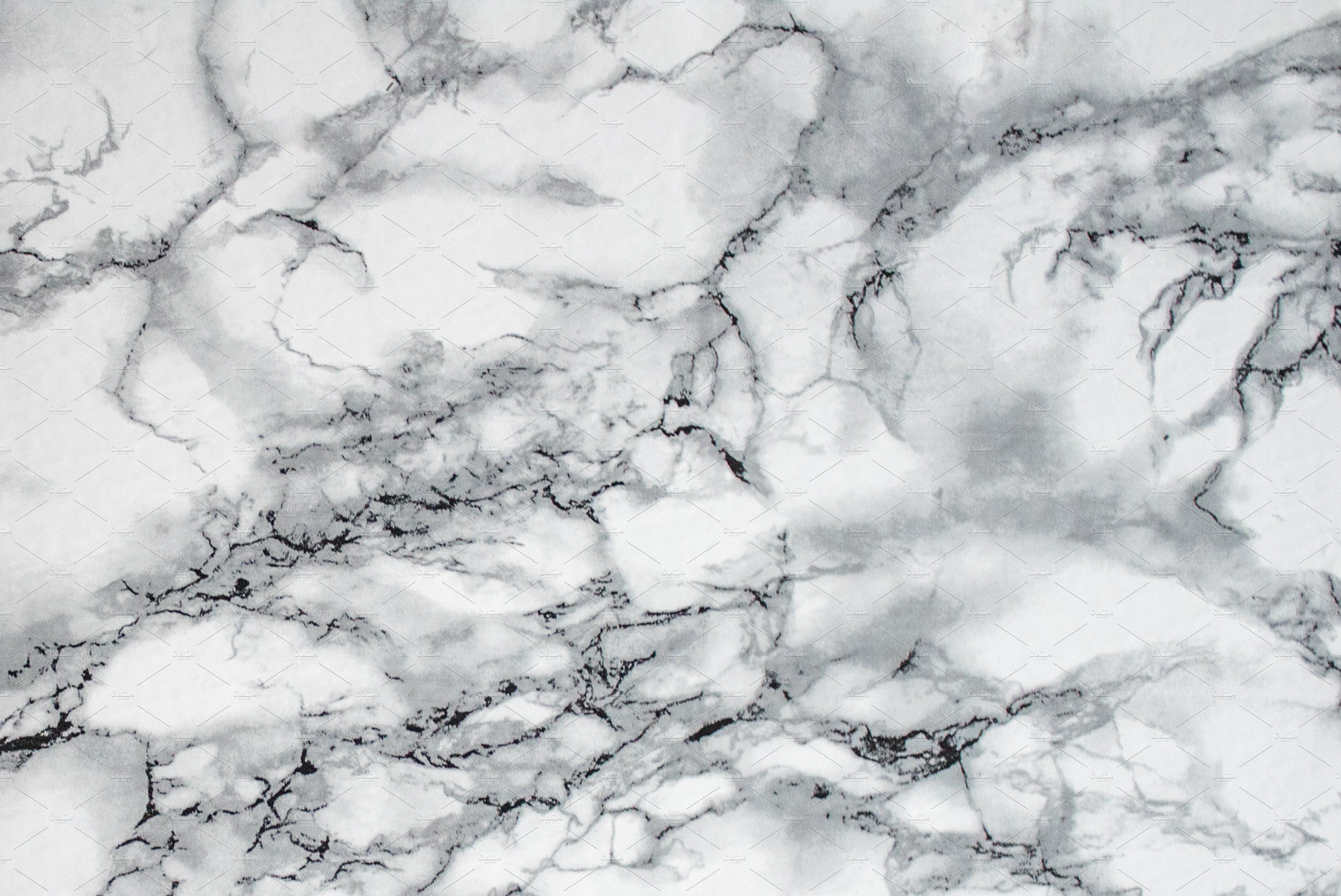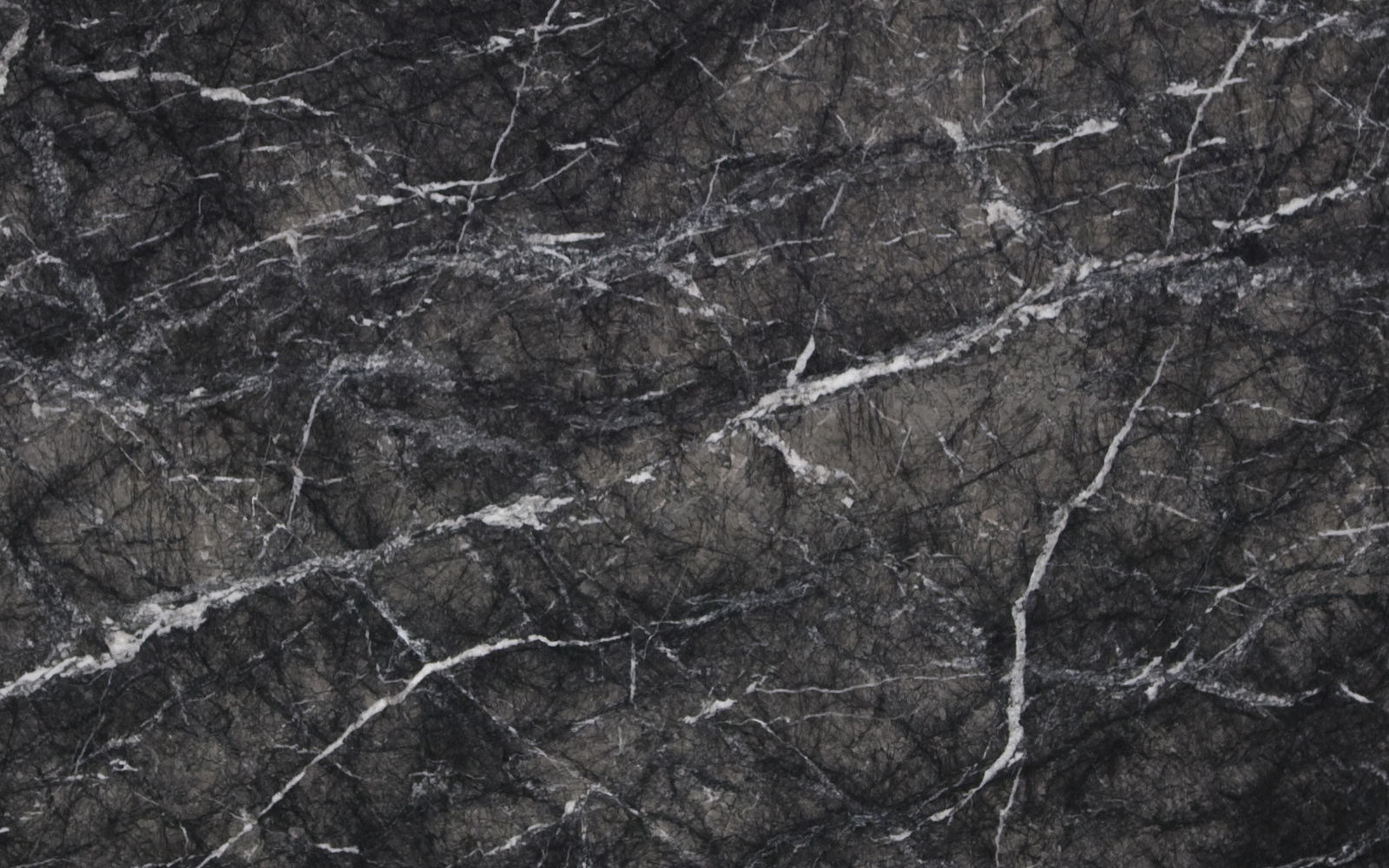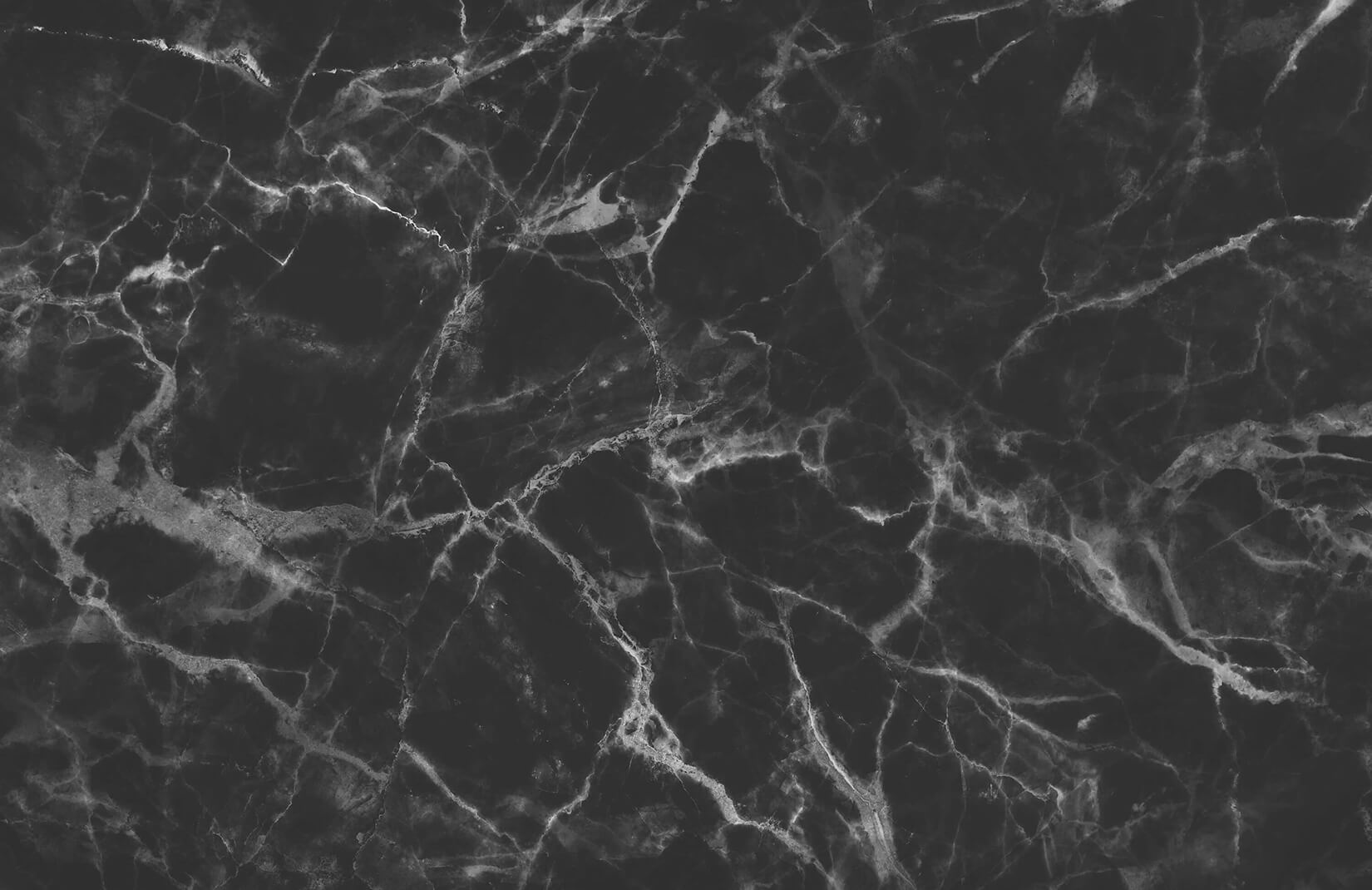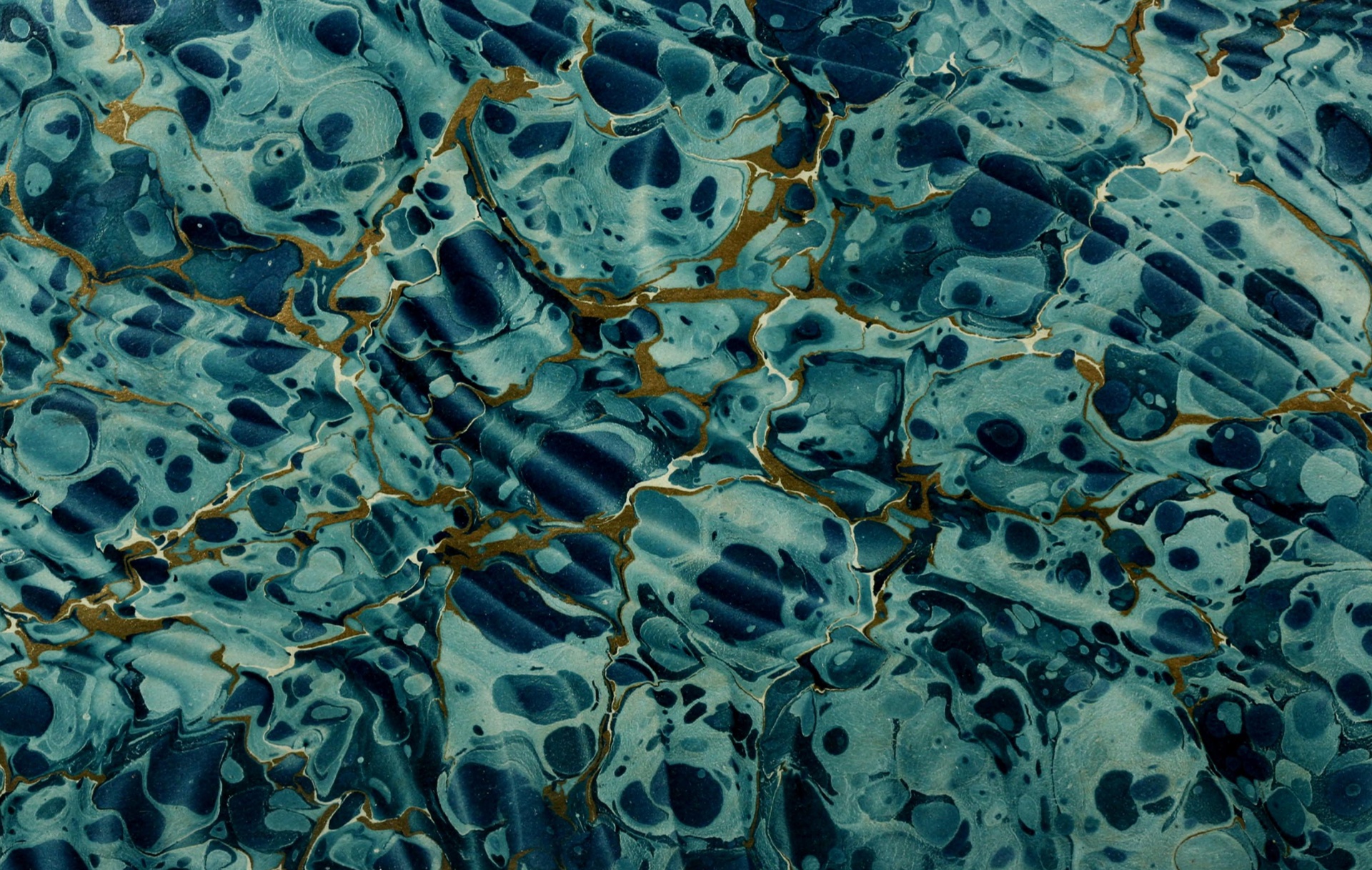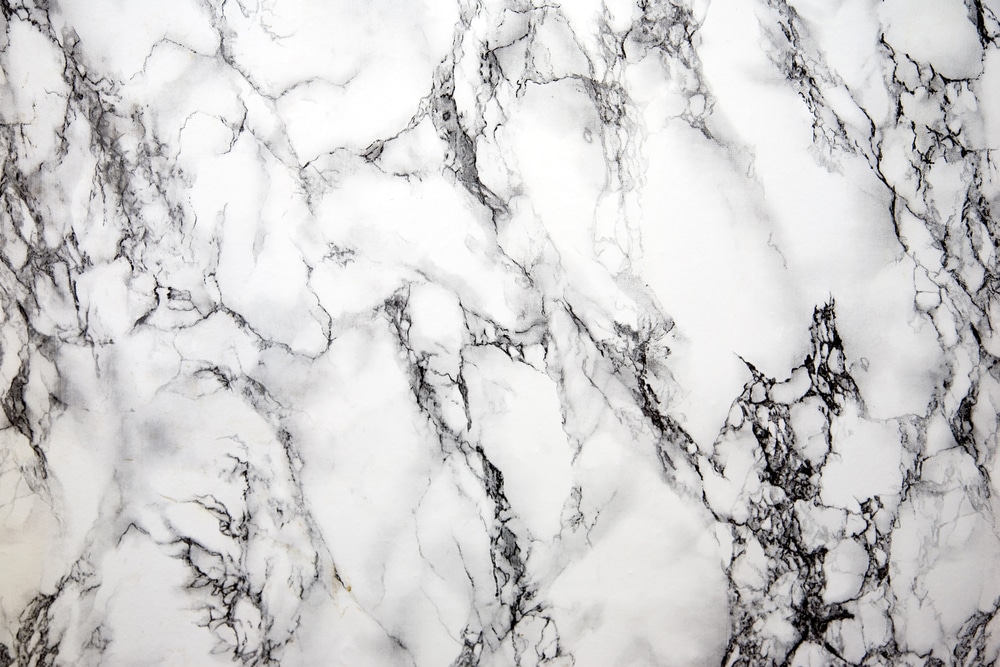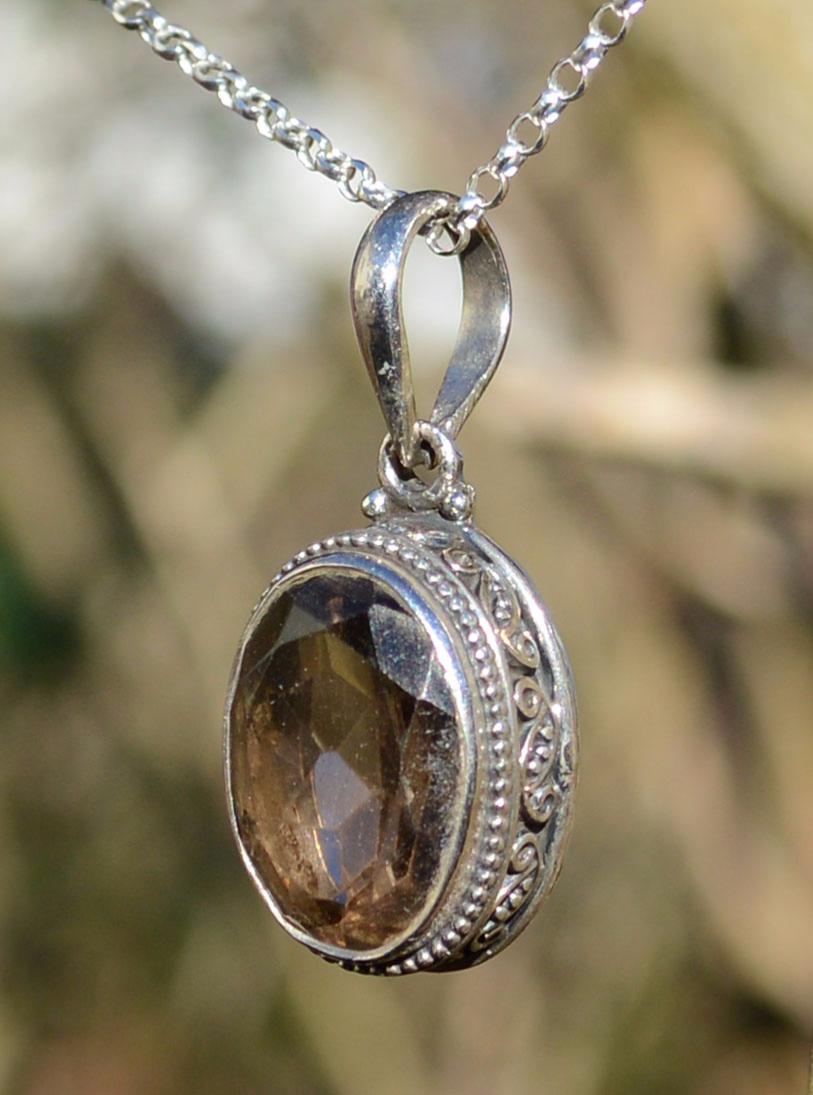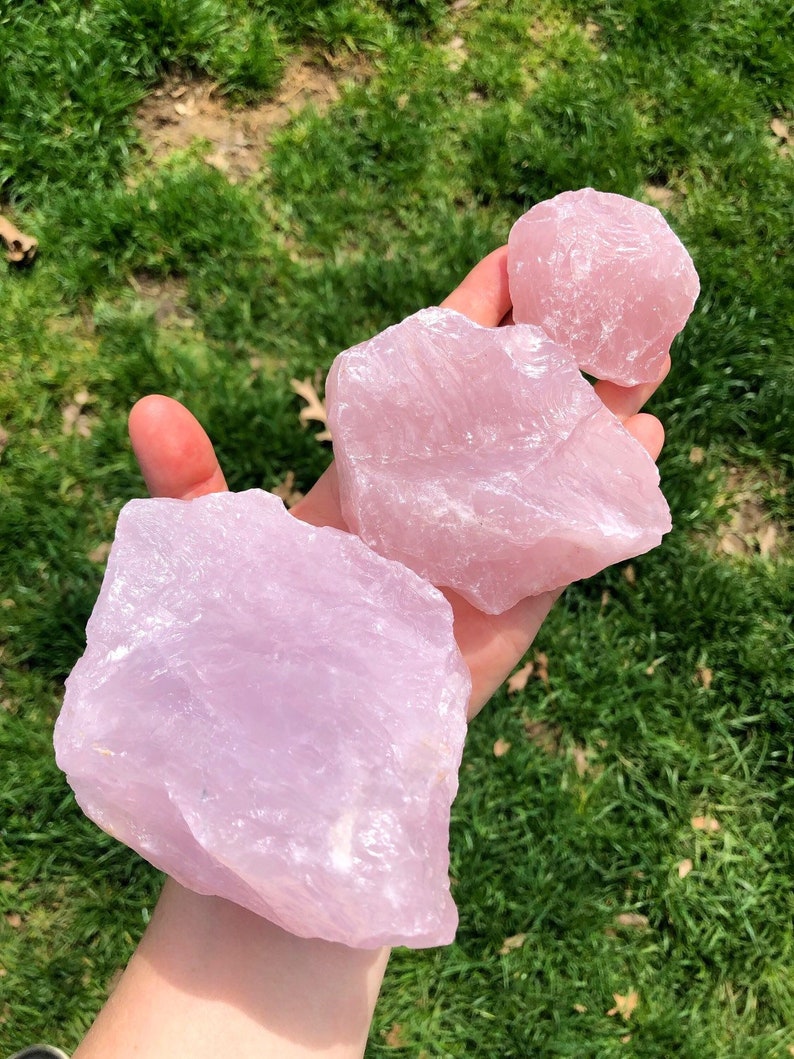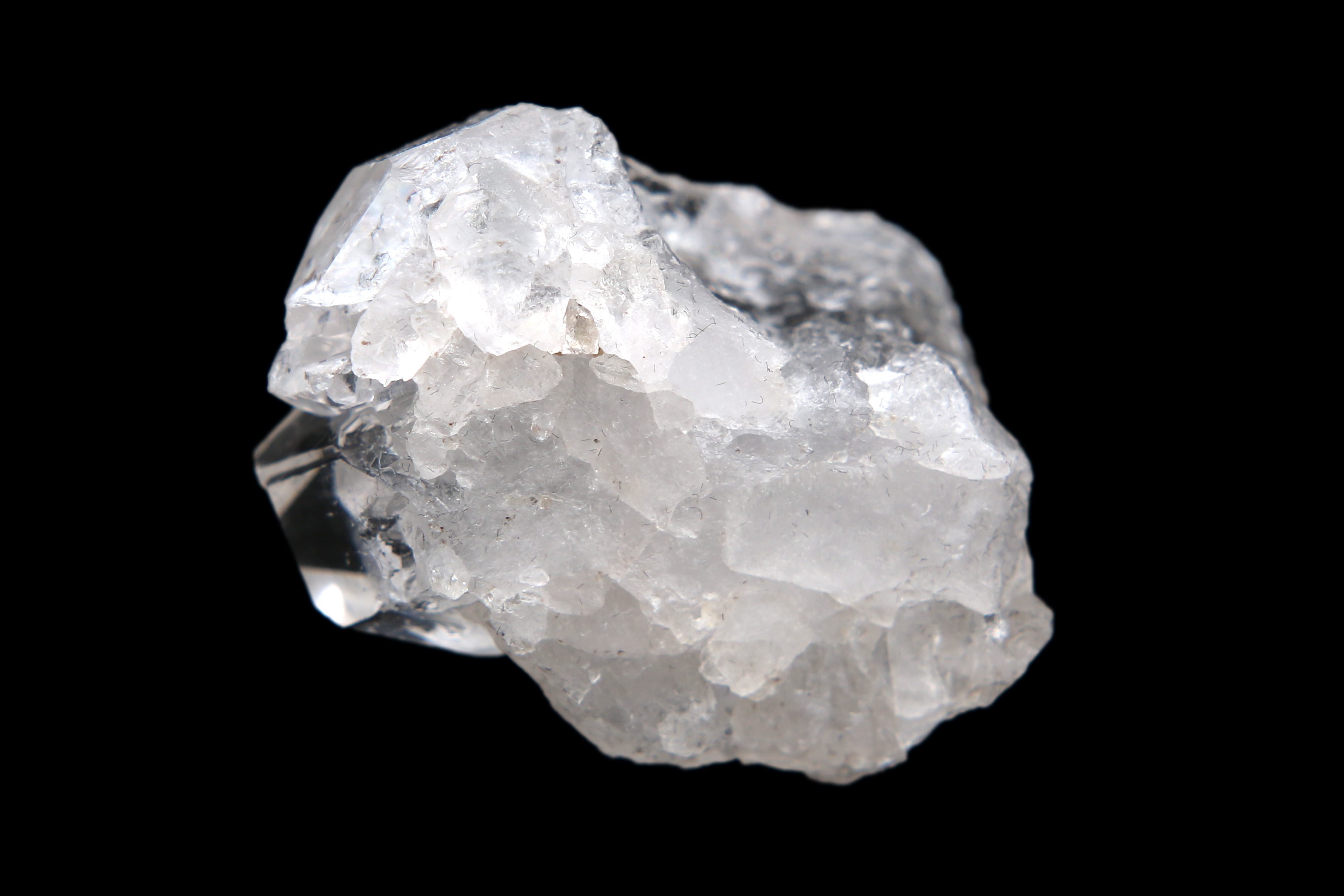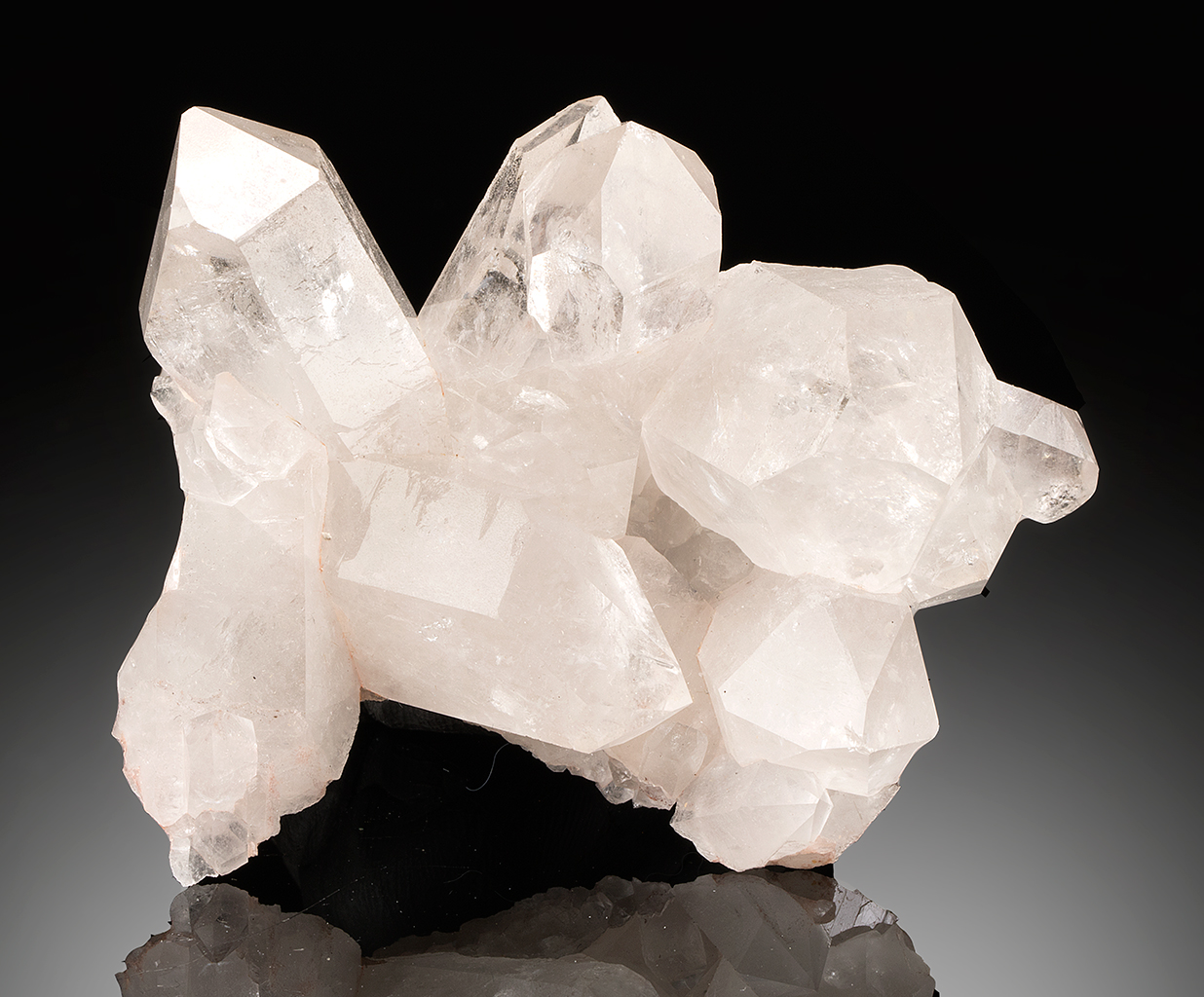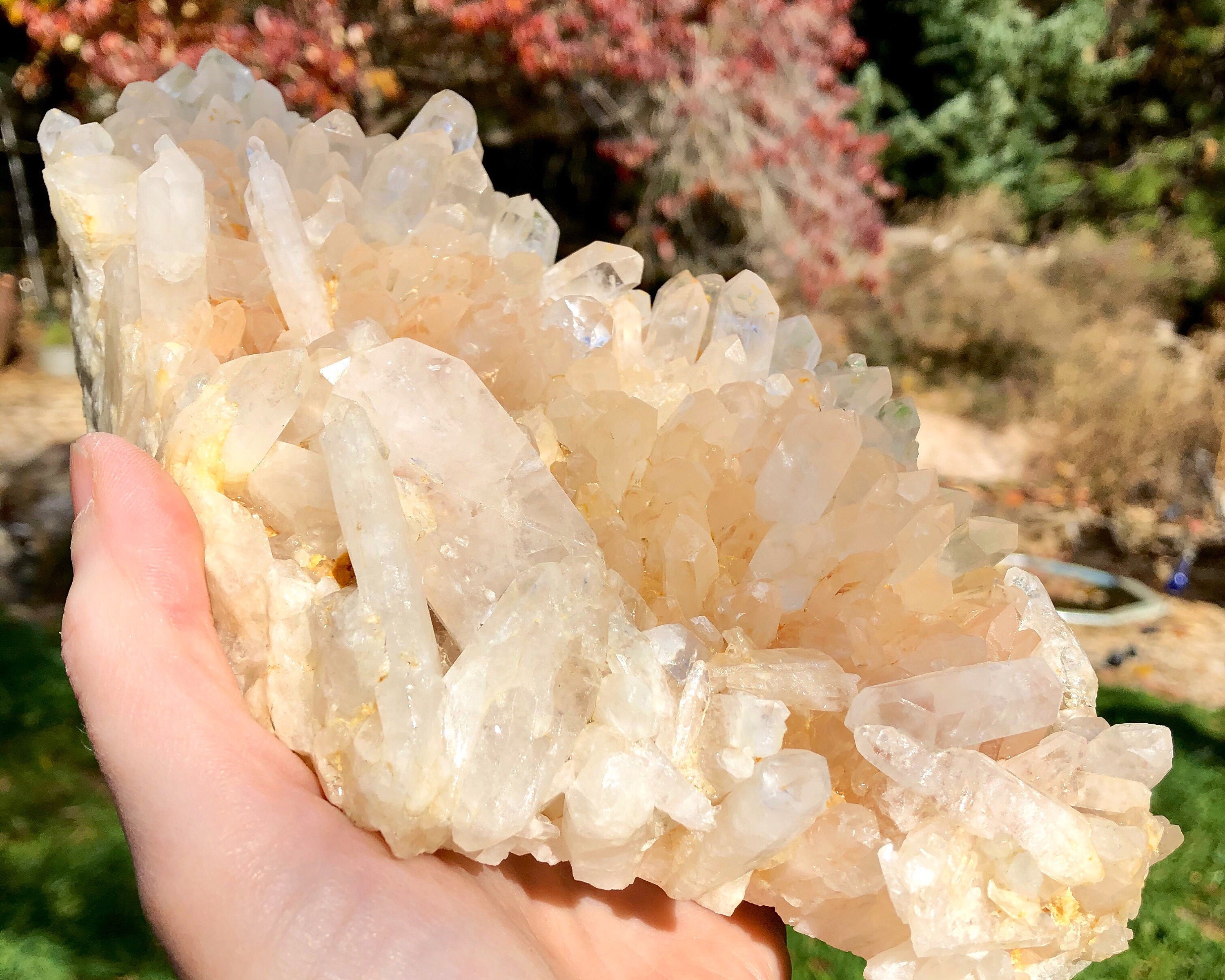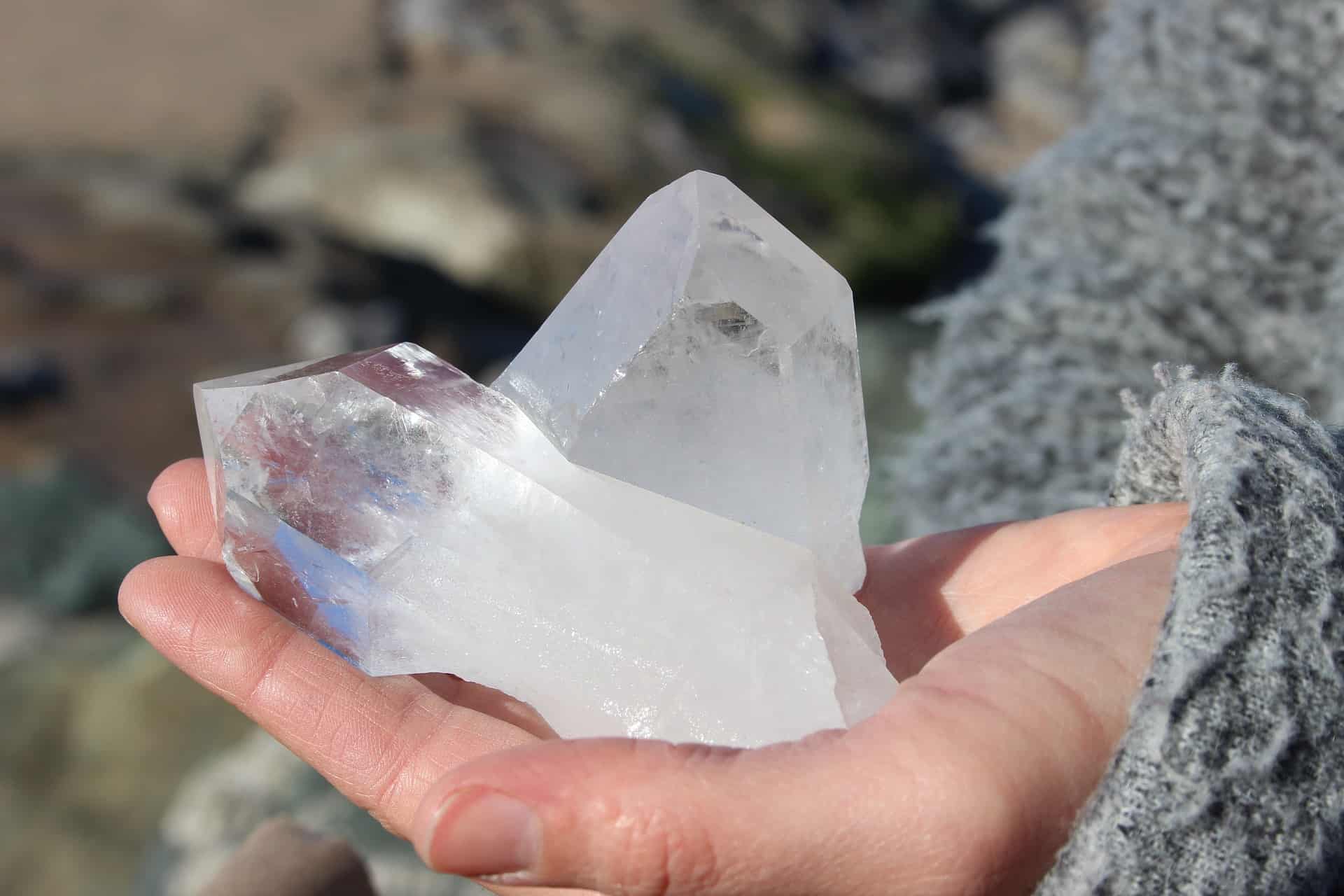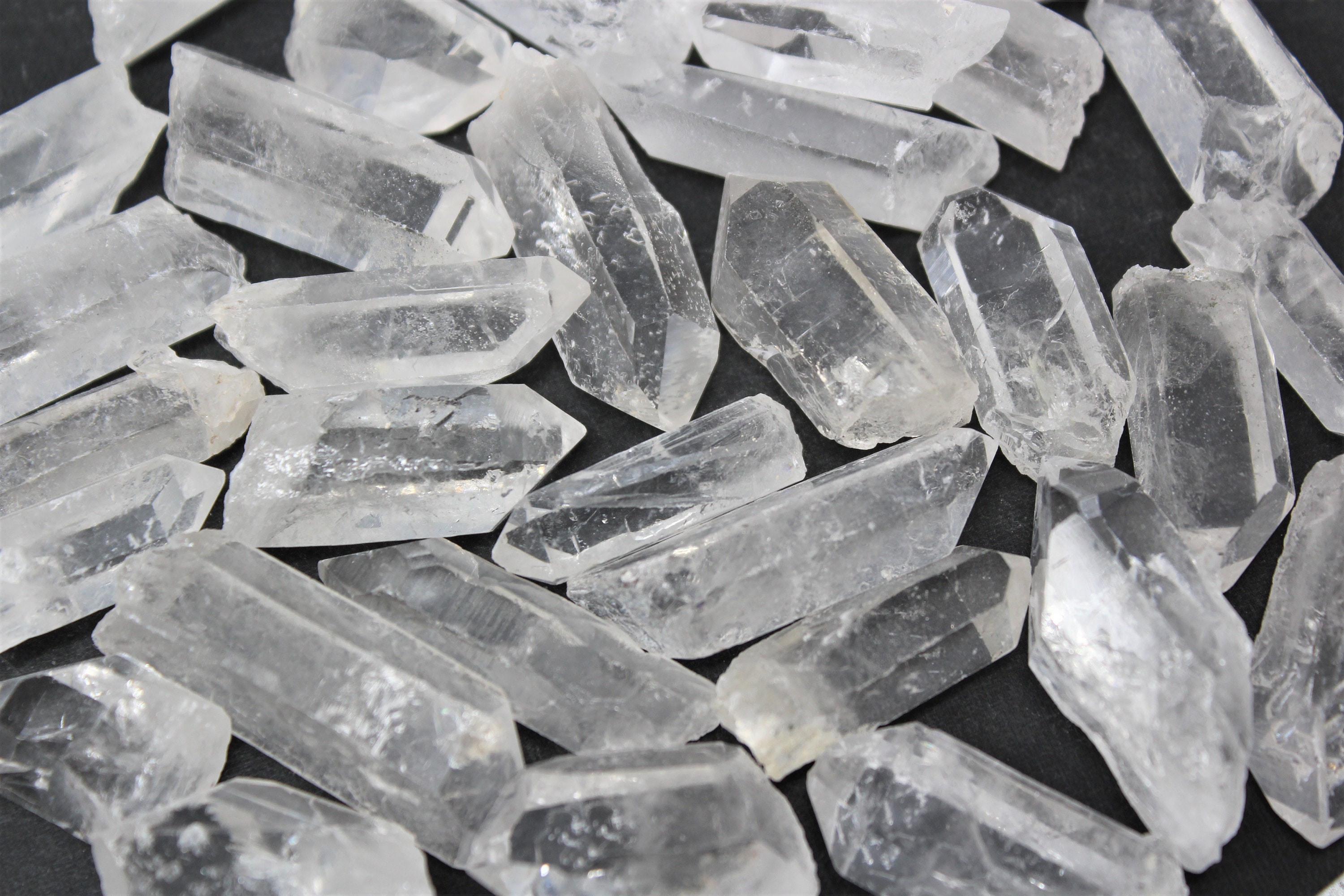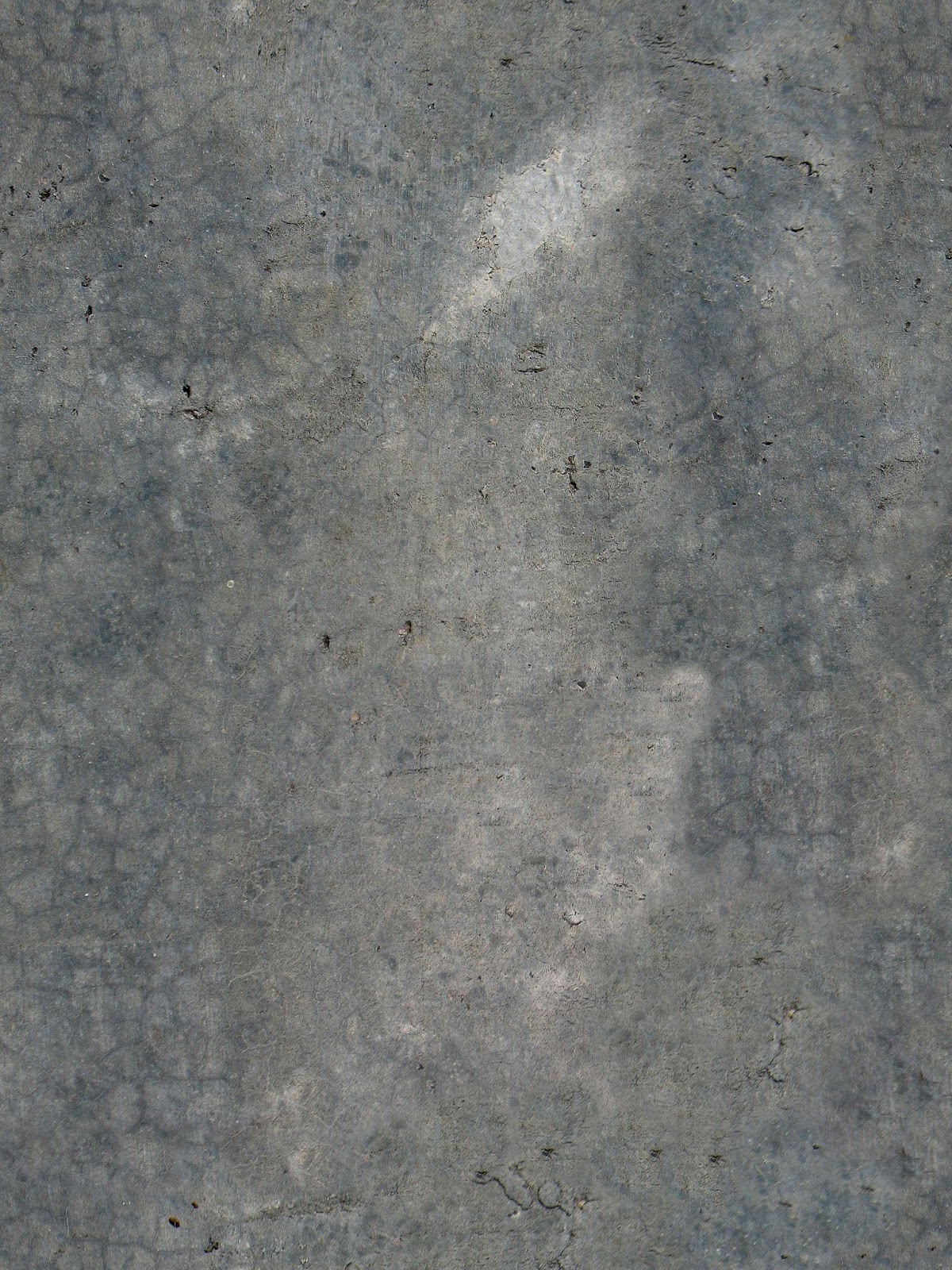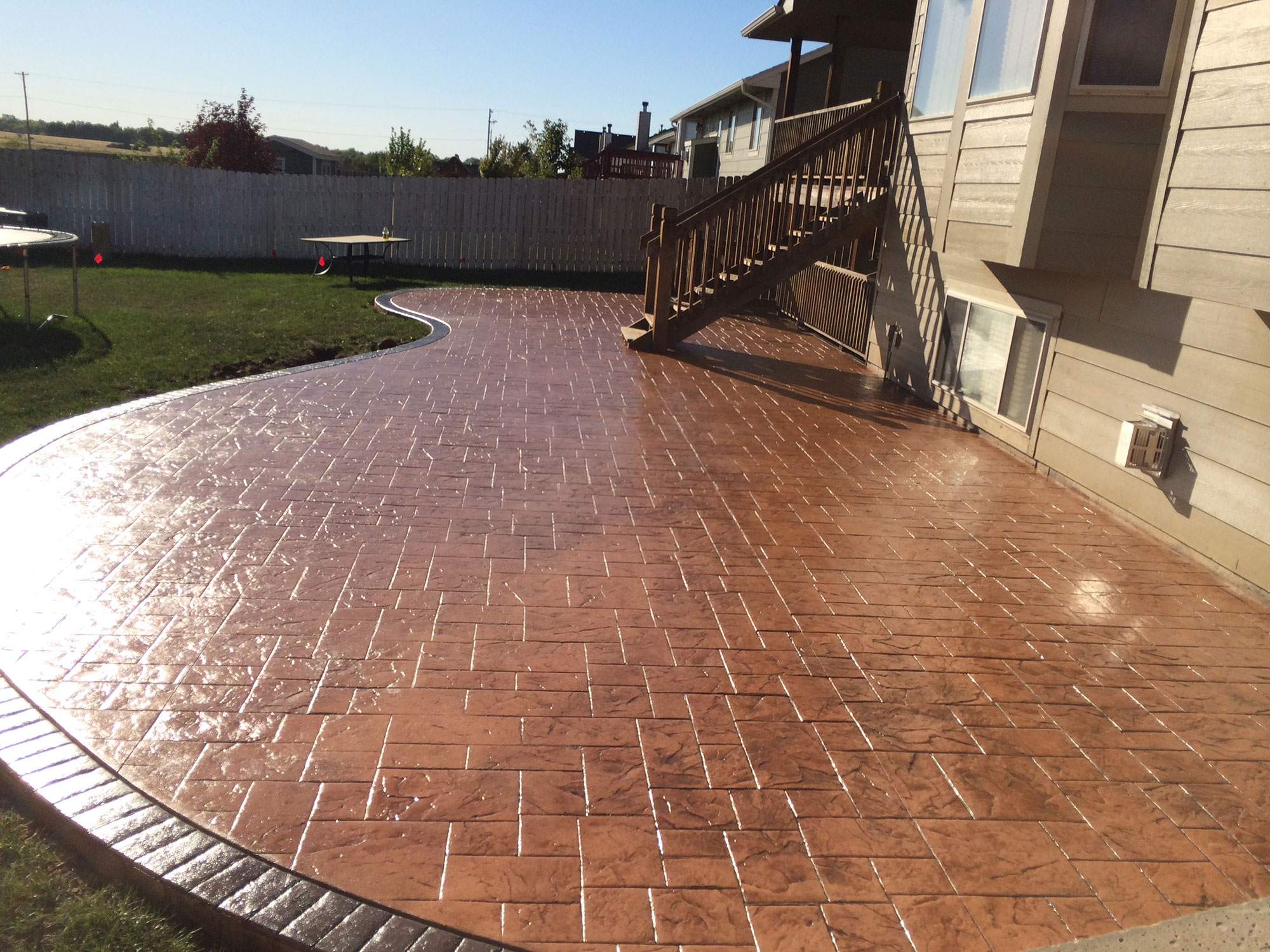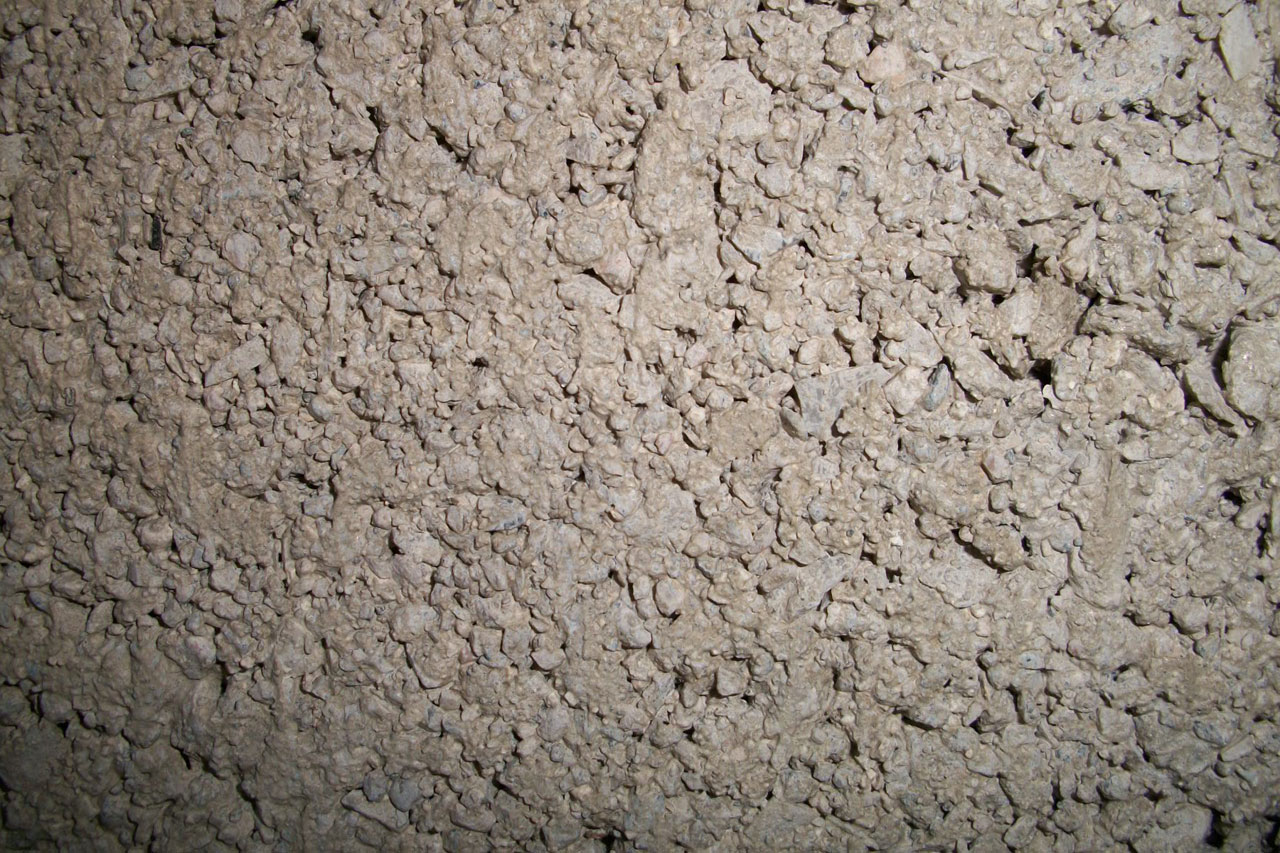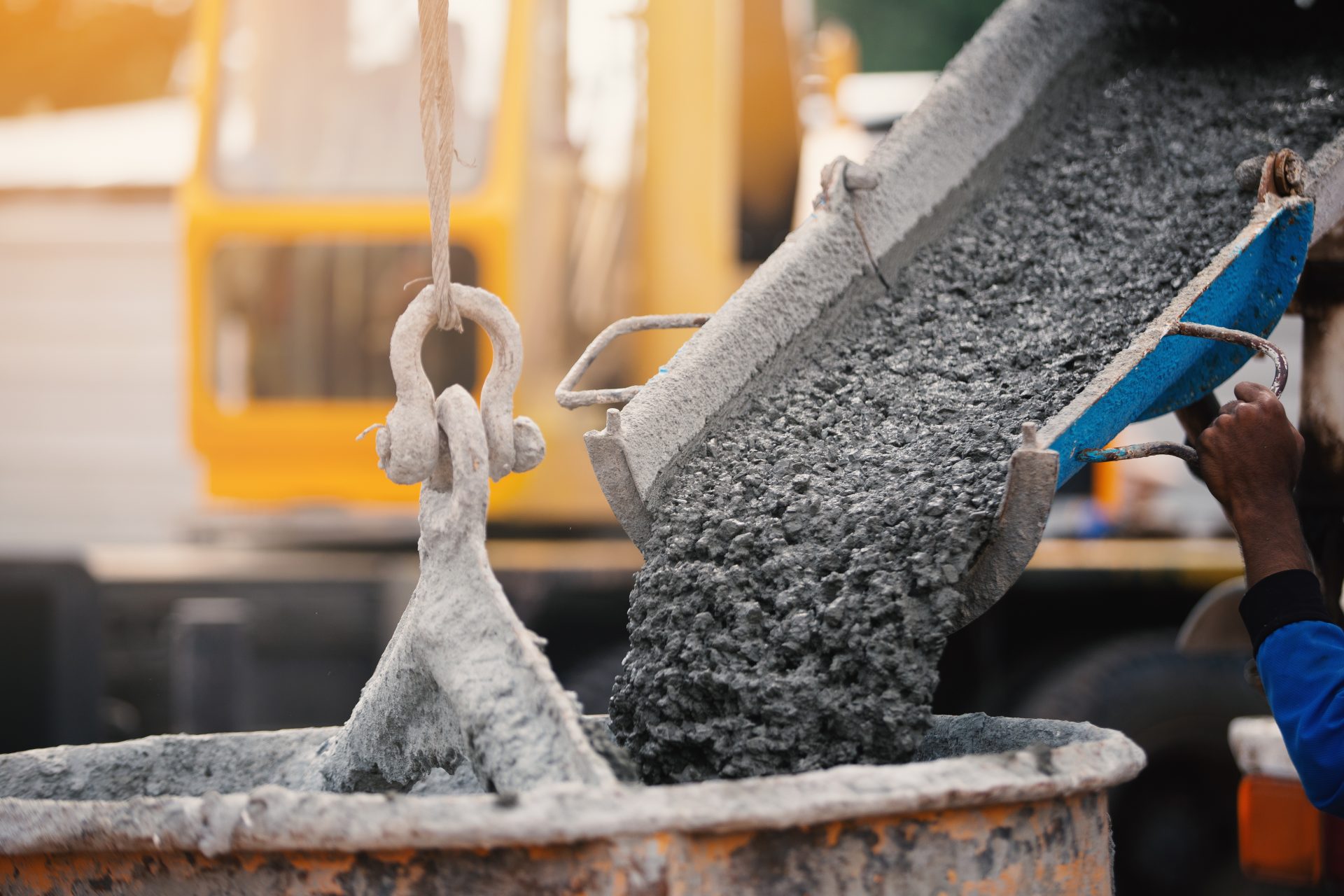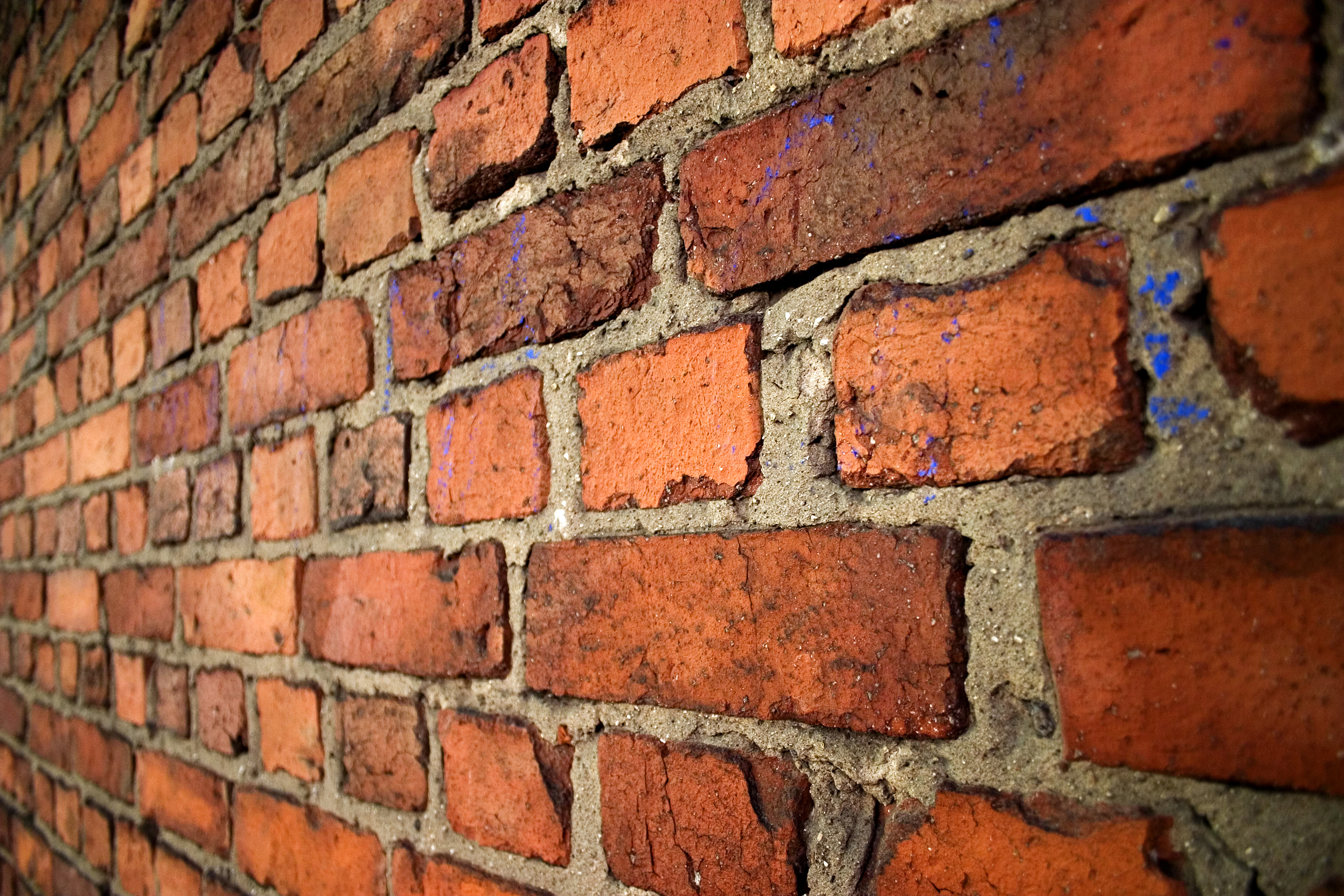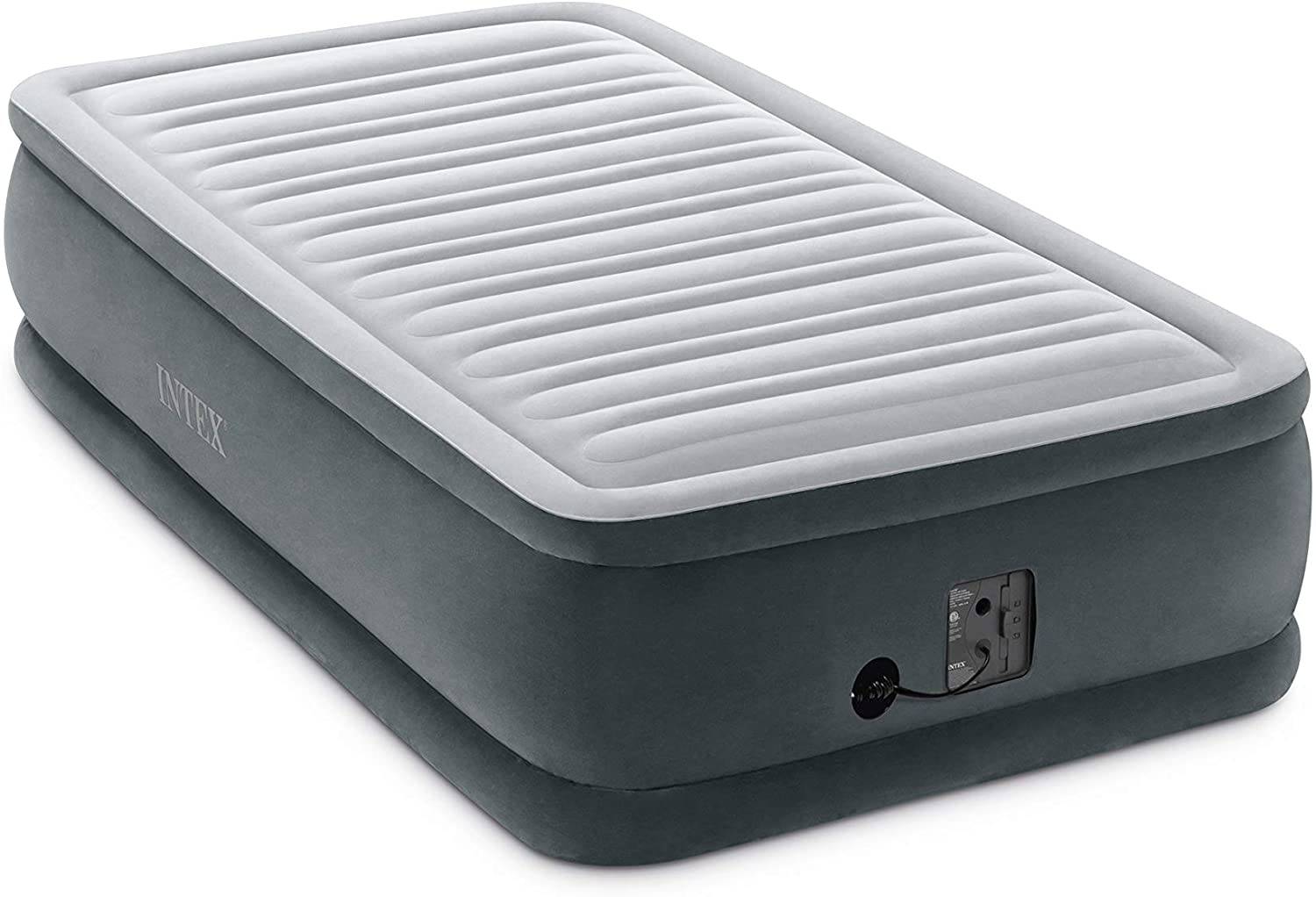Stainless steel is a popular choice for kitchen sinks due to its sleek and modern appearance. It is also known for its durability and resistance to stains, scratches, and heat. One of the main pros of stainless steel sinks is their low maintenance. They are easy to clean and do not require any special cleaning products. Stainless steel sinks are also budget-friendly, making them a cost-effective option for homeowners. However, one of the cons of stainless steel sinks is that they can be noisy when water hits the metal surface. They can also scratch easily, but these scratches can often be buffed out.Stainless Steel
Cast iron sinks have a vintage charm and are known for their durability and heat resistance. One of the main pros of cast iron sinks is their ability to retain heat, making them great for soaking dishes. They are also available in a variety of colors and styles to match any kitchen decor. However, one of the cons of cast iron sinks is their weight, which can make them difficult to install. They are also prone to chipping and can be more expensive compared to other materials.Cast Iron
Composite granite sinks are made from a mixture of granite and resin, making them strong and durable. One of the main pros of composite granite sinks is their resistance to scratches, stains, and heat. They also come in a variety of colors and patterns, giving homeowners more options for customization. However, these sinks can be more expensive compared to other materials and may require more maintenance. They can also be prone to water spots if not dried properly after use.Composite Granite
Fireclay sinks are made from clay and glaze, making them resistant to stains and scratches. One of the main pros of fireclay sinks is their durability and longevity. They are also easy to clean and maintain. Fireclay sinks have a classic and timeless look that can complement both traditional and modern kitchens. However, these sinks can be heavy and may require extra support during installation. They are also more expensive compared to other materials.Fireclay
Copper sinks are known for their unique and luxurious appearance. They are also naturally antibacterial and resistant to rust and corrosion. One of the main pros of copper sinks is their ability to add warmth and character to a kitchen. They are also recyclable, making them an eco-friendly option. However, copper sinks can be expensive and may require regular polishing to maintain their shine. They can also be prone to developing a patina over time, which may not be desirable for some homeowners.Copper
Porcelain sinks are made from a mixture of clay and porcelain enamel, giving them a smooth and glossy finish. They come in a variety of colors and styles, making them a versatile choice for any kitchen. One of the main pros of porcelain sinks is their affordability. They are also easy to clean and maintain. However, porcelain sinks can be prone to chipping and cracking, especially if heavy objects are dropped on them. They are also not as durable as other materials and may require more frequent replacement.Porcelain
Acrylic sinks are made from a type of plastic and are popular for their lightweight and affordable nature. They are also resistant to stains and scratches. One of the main pros of acrylic sinks is their wide range of colors and styles. They are also easy to install and maintain. However, acrylic sinks can be prone to scratching and can melt when exposed to high heat. They are also not as durable as other materials and may need to be replaced more frequently.Acrylic
Marble sinks are a luxurious choice for kitchen sinks, known for their elegant and timeless appearance. They are also heat-resistant and durable. One of the main pros of marble sinks is their ability to add value to a kitchen and increase its overall aesthetic appeal. They are also fairly easy to clean and maintain. However, marble sinks can be expensive and may require more care to prevent staining and etching. They are also prone to chipping and can be heavy, which may require additional support during installation.Marble
Quartz sinks are made from a mixture of natural stone and resin, making them strong and durable. They are also resistant to stains and scratches, making them a low-maintenance option for homeowners. One of the main pros of quartz sinks is their ability to mimic the look of natural stone without the high price tag. They are also available in a variety of colors and patterns to match any kitchen design. However, quartz sinks can be heavy and may require extra support during installation. They can also be more expensive compared to other materials.Quartz
Concrete sinks are a unique and modern choice for kitchen sinks. They are highly customizable and can be made in a variety of shapes and sizes. One of the main pros of concrete sinks is their durability and resistance to scratches and stains. They are also heat-resistant and can be sealed to prevent water and bacteria from seeping into the surface. However, concrete sinks can be prone to chipping and may require regular sealing and maintenance to prevent cracking. They can also be more expensive compared to other materials and may require professional installation.Concrete
The Pros and Cons of Kitchen Sink Materials

Stainless Steel
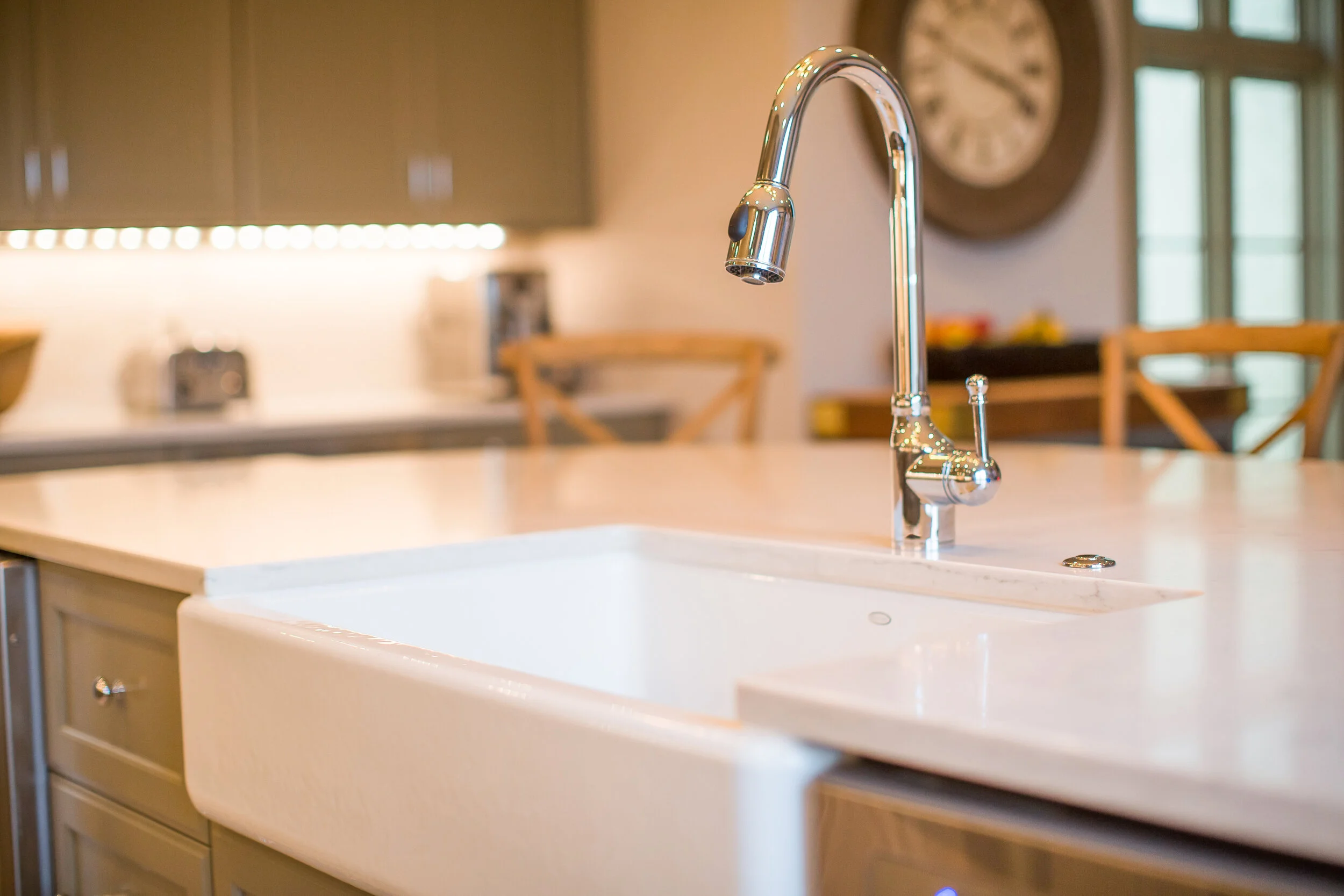 Stainless steel is one of the most popular materials for kitchen sinks due to its durability and versatility. It is resistant to heat, stains, and corrosion, making it a great choice for busy kitchens. Additionally, stainless steel sinks are easy to clean and maintain, making them a practical option for any household. However, one of the main drawbacks of this material is that it can be noisy, especially when washing dishes or running the garbage disposal.
Stainless steel is one of the most popular materials for kitchen sinks due to its durability and versatility. It is resistant to heat, stains, and corrosion, making it a great choice for busy kitchens. Additionally, stainless steel sinks are easy to clean and maintain, making them a practical option for any household. However, one of the main drawbacks of this material is that it can be noisy, especially when washing dishes or running the garbage disposal.
Porcelain
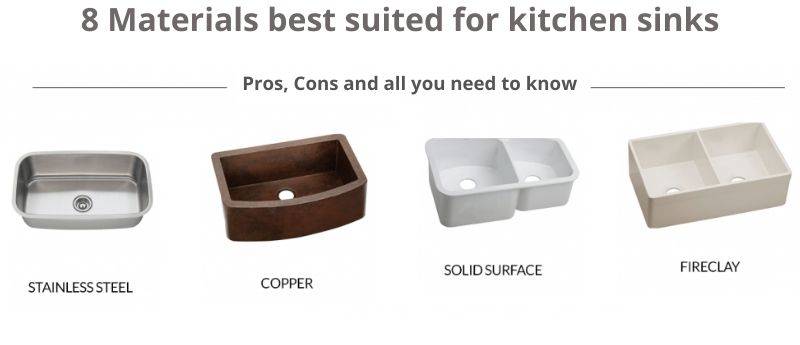 Porcelain sinks have a classic and elegant look that can add a touch of sophistication to any kitchen. They are also highly resistant to scratches, stains, and fading, making them a durable option for everyday use. However, porcelain sinks can be prone to chipping and cracking, and they can be difficult to repair. They also require regular and careful cleaning to maintain their glossy finish.
Porcelain sinks have a classic and elegant look that can add a touch of sophistication to any kitchen. They are also highly resistant to scratches, stains, and fading, making them a durable option for everyday use. However, porcelain sinks can be prone to chipping and cracking, and they can be difficult to repair. They also require regular and careful cleaning to maintain their glossy finish.
Composite Granite
 Composite granite sinks are a popular choice for their durability and aesthetic appeal. They are made from a combination of granite stone and acrylic resins, making them heat, stain, and scratch-resistant. These sinks are also available in a variety of colors and patterns, providing a customizable option for kitchen design. However, composite granite sinks can be expensive and heavy, requiring professional installation. They also require regular sealing to maintain their resistance to stains and scratches.
Composite granite sinks are a popular choice for their durability and aesthetic appeal. They are made from a combination of granite stone and acrylic resins, making them heat, stain, and scratch-resistant. These sinks are also available in a variety of colors and patterns, providing a customizable option for kitchen design. However, composite granite sinks can be expensive and heavy, requiring professional installation. They also require regular sealing to maintain their resistance to stains and scratches.
Copper
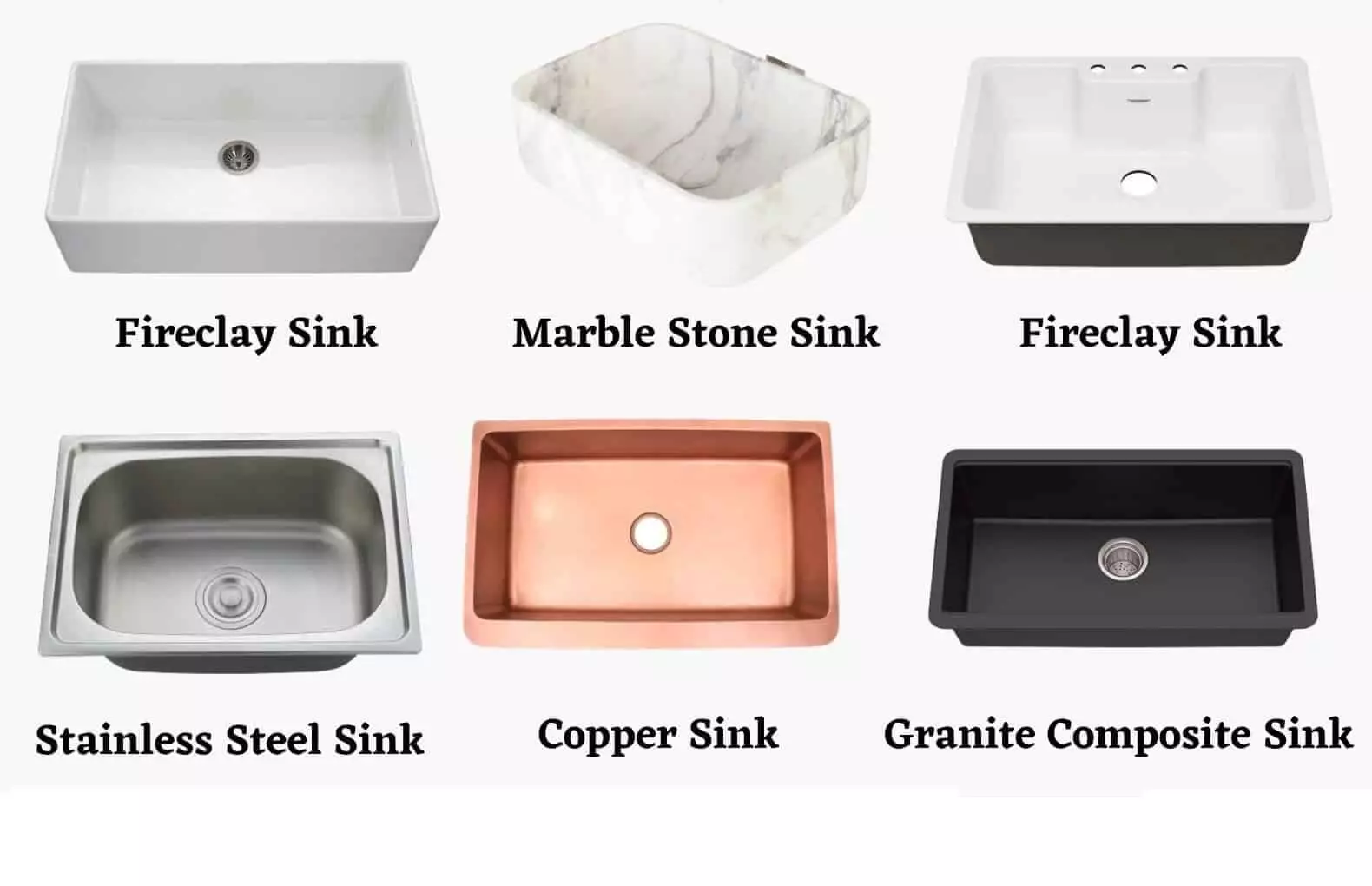 Copper sinks have become a trendy choice for modern kitchens due to their unique and rustic appearance. They are also naturally antimicrobial, making them a hygienic option for food preparation. However, copper sinks can be expensive and require regular polishing to maintain their shine. They are also prone to developing a patina over time, which may not be preferred by all homeowners.
Copper sinks have become a trendy choice for modern kitchens due to their unique and rustic appearance. They are also naturally antimicrobial, making them a hygienic option for food preparation. However, copper sinks can be expensive and require regular polishing to maintain their shine. They are also prone to developing a patina over time, which may not be preferred by all homeowners.
Conclusion
 When choosing a kitchen sink material, it is essential to consider your personal preferences and lifestyle. Each material has its own set of pros and cons, and it is crucial to weigh them carefully to make an informed decision. Whether you prioritize durability, aesthetics, or functionality, there is a sink material that will suit your needs. With proper care and maintenance, your kitchen sink can be a long-term investment that adds both style and functionality to your home.
When choosing a kitchen sink material, it is essential to consider your personal preferences and lifestyle. Each material has its own set of pros and cons, and it is crucial to weigh them carefully to make an informed decision. Whether you prioritize durability, aesthetics, or functionality, there is a sink material that will suit your needs. With proper care and maintenance, your kitchen sink can be a long-term investment that adds both style and functionality to your home.
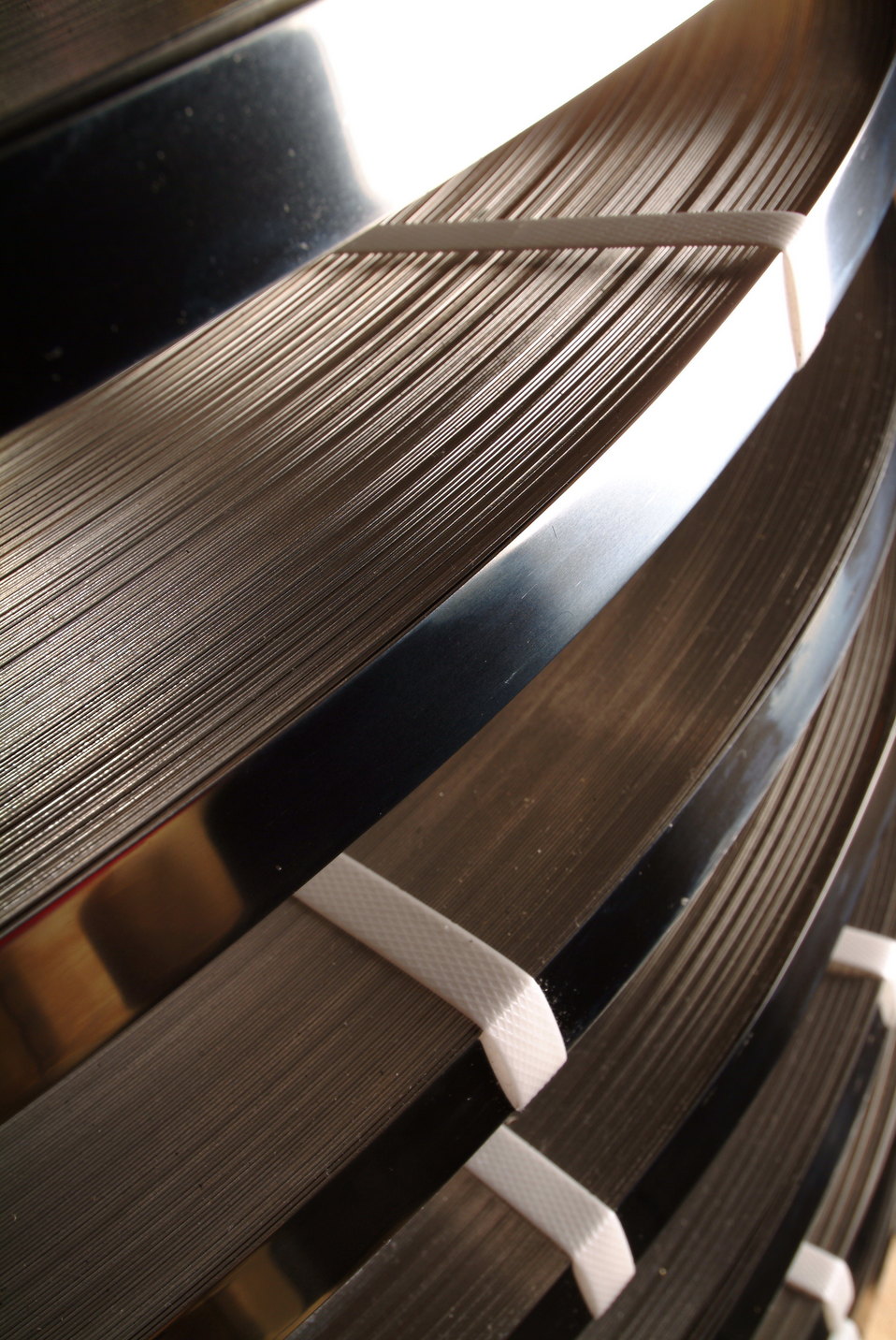

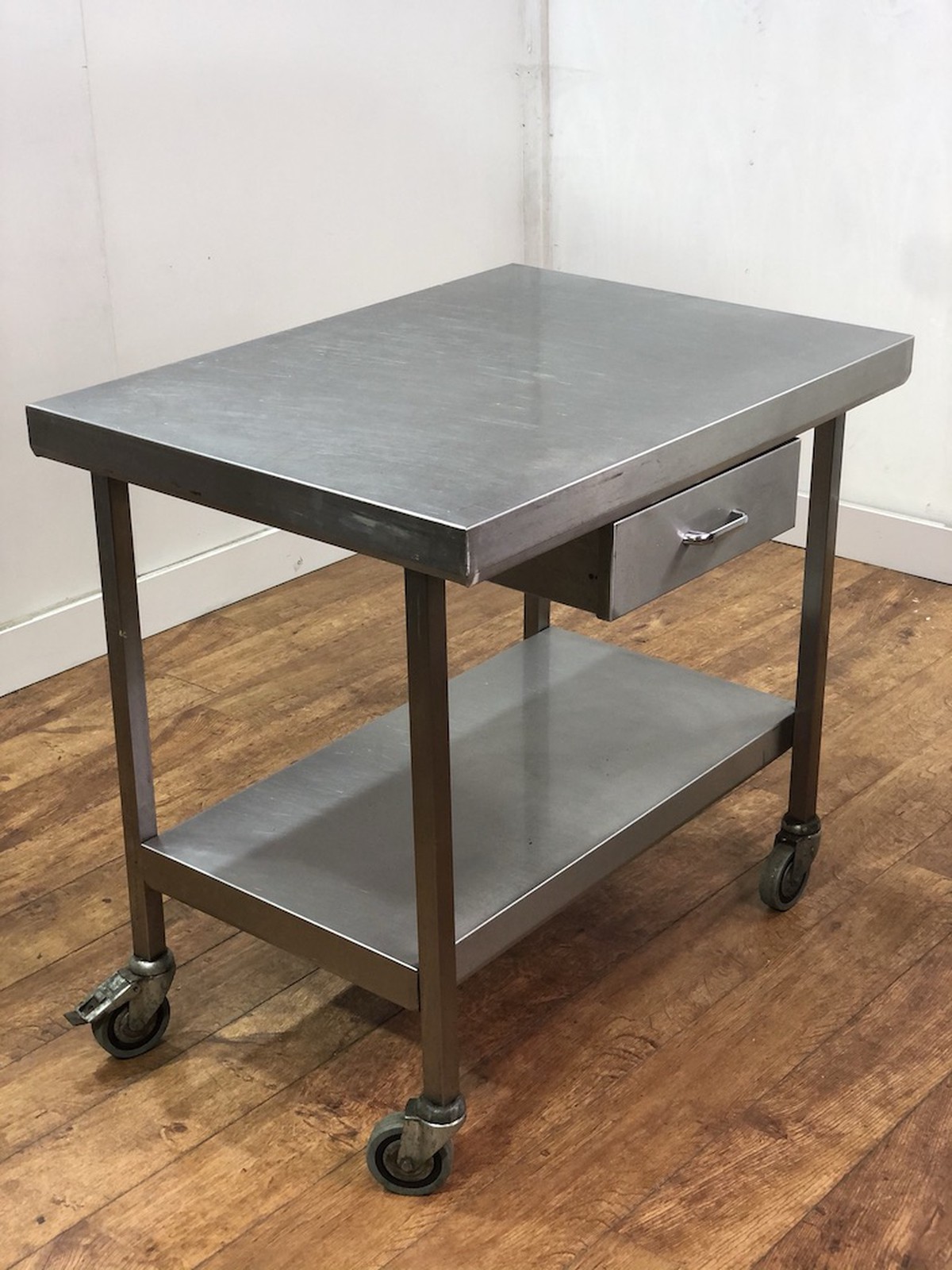
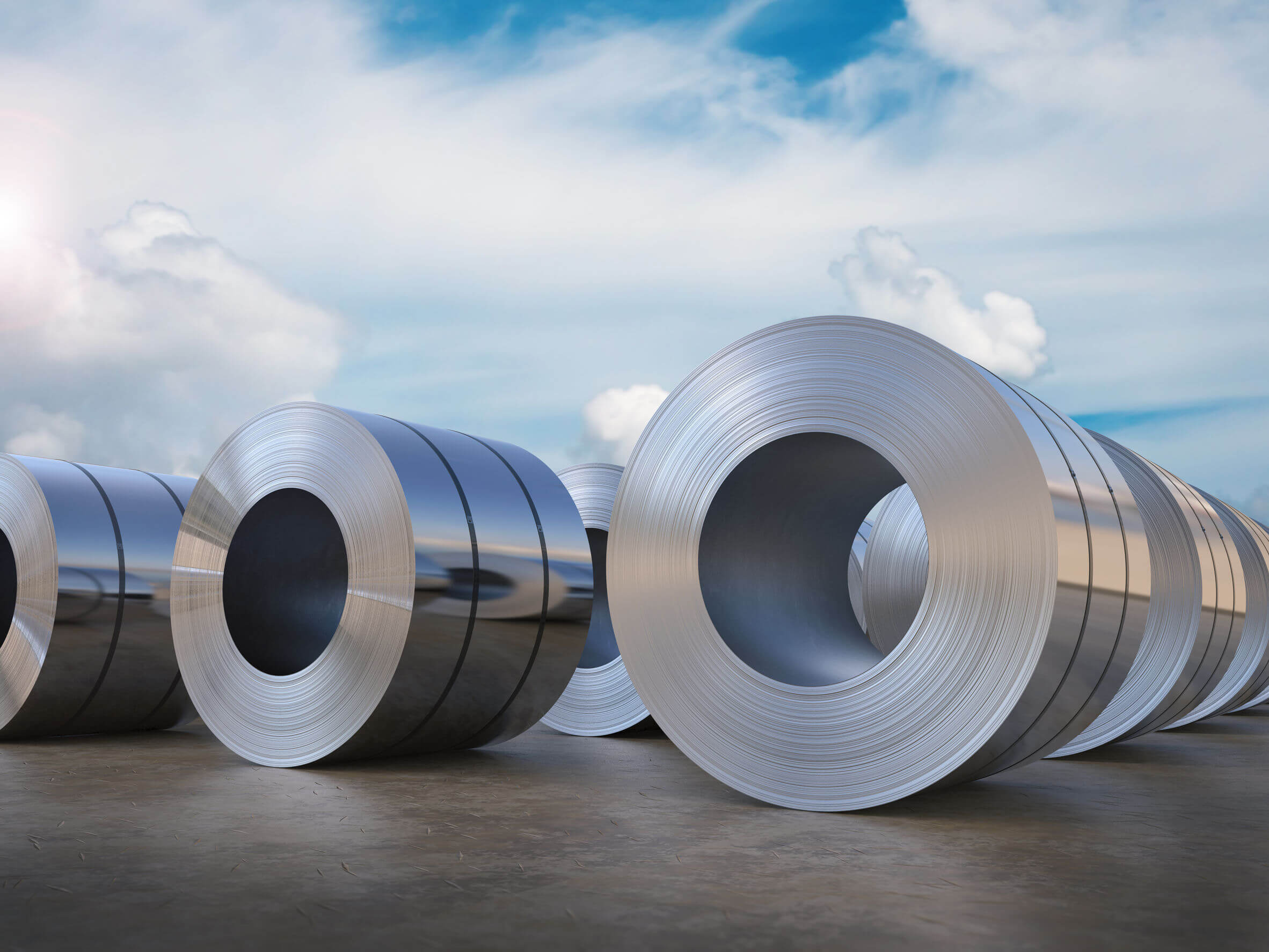
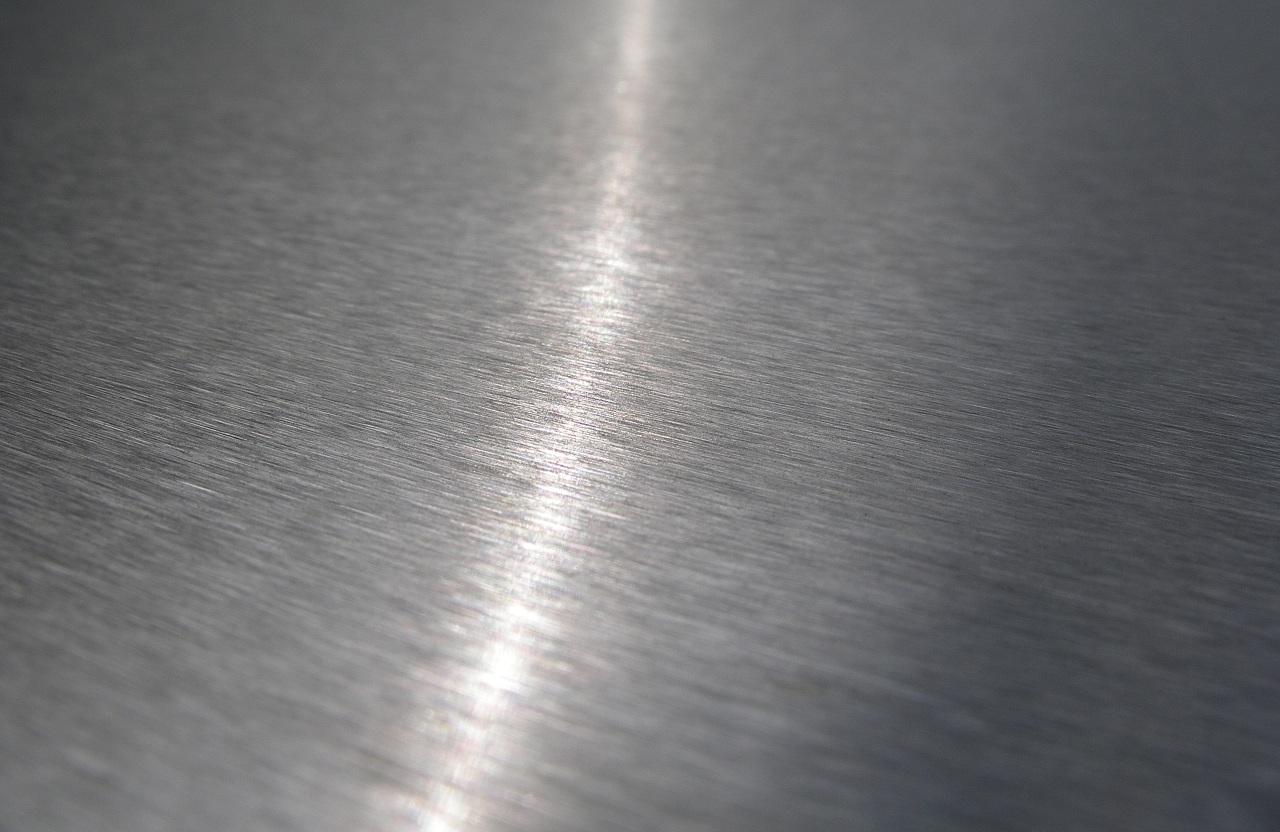






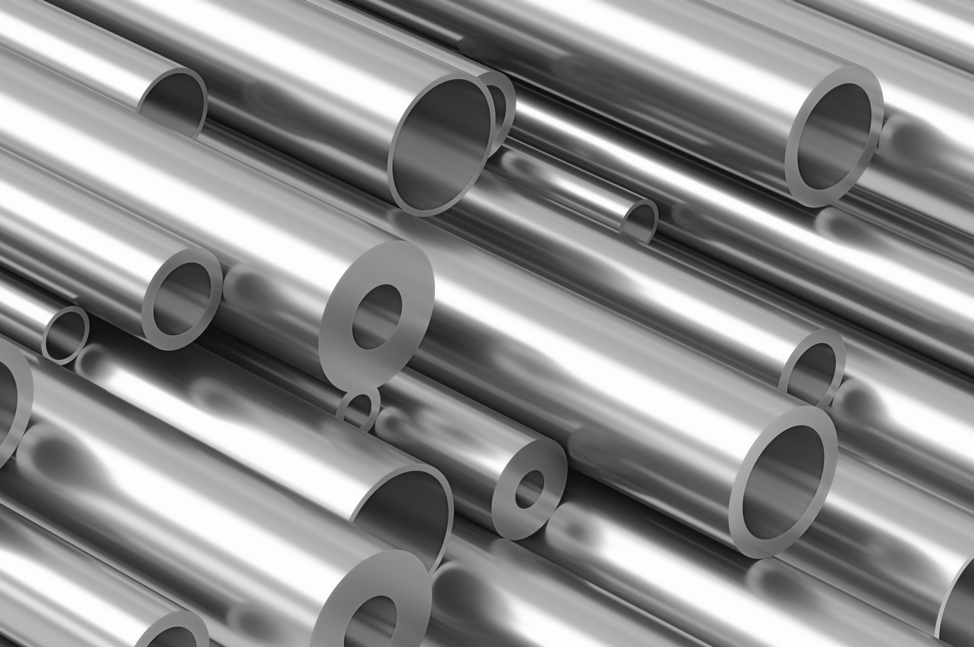
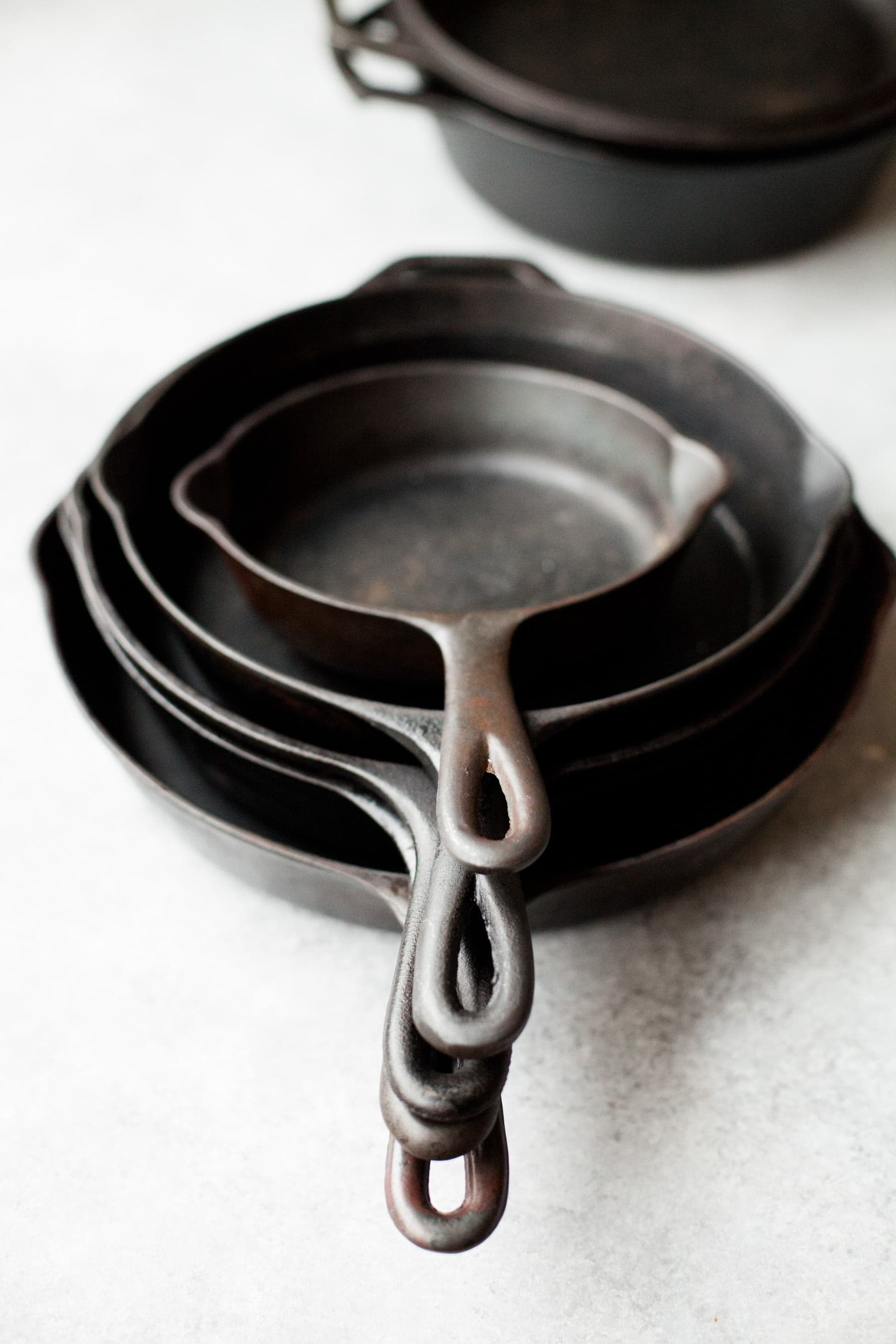
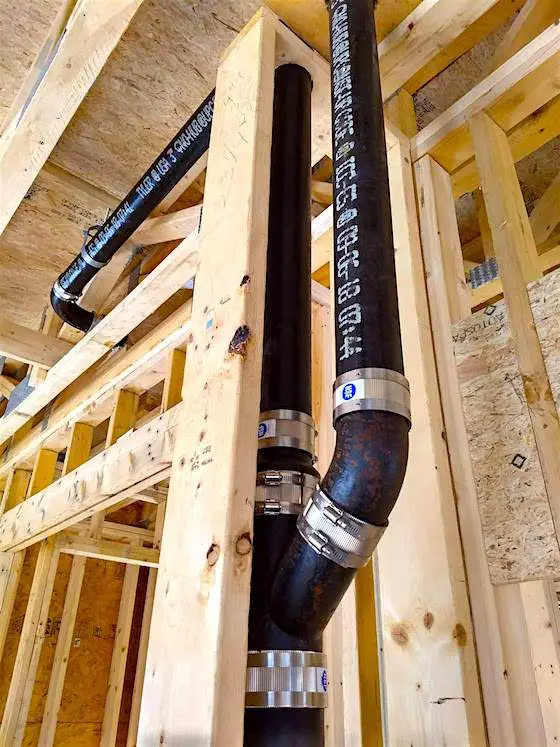
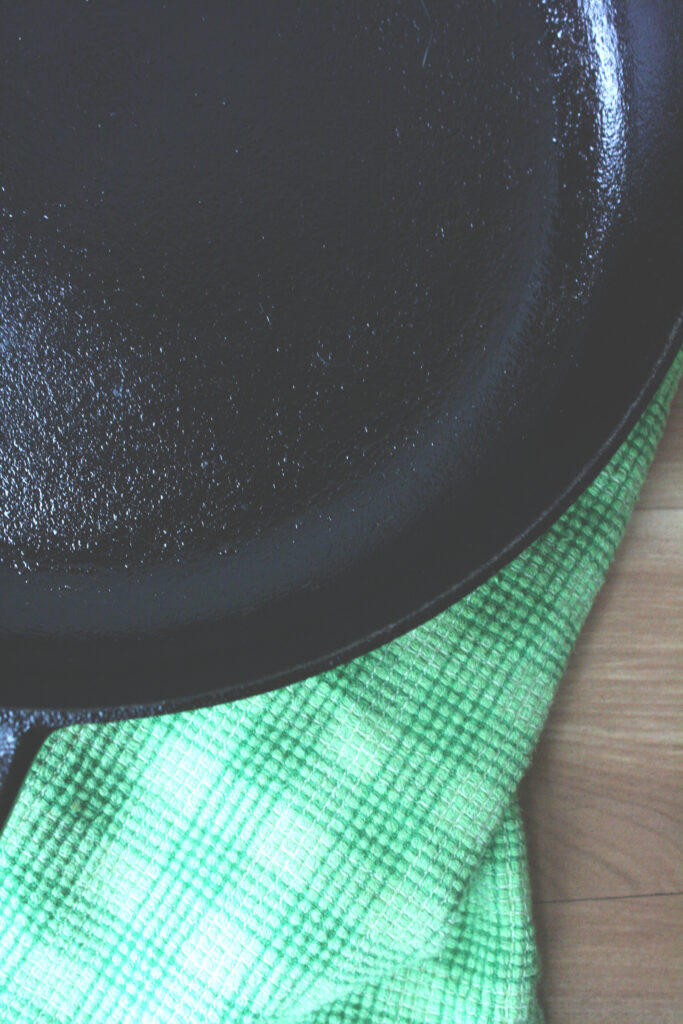




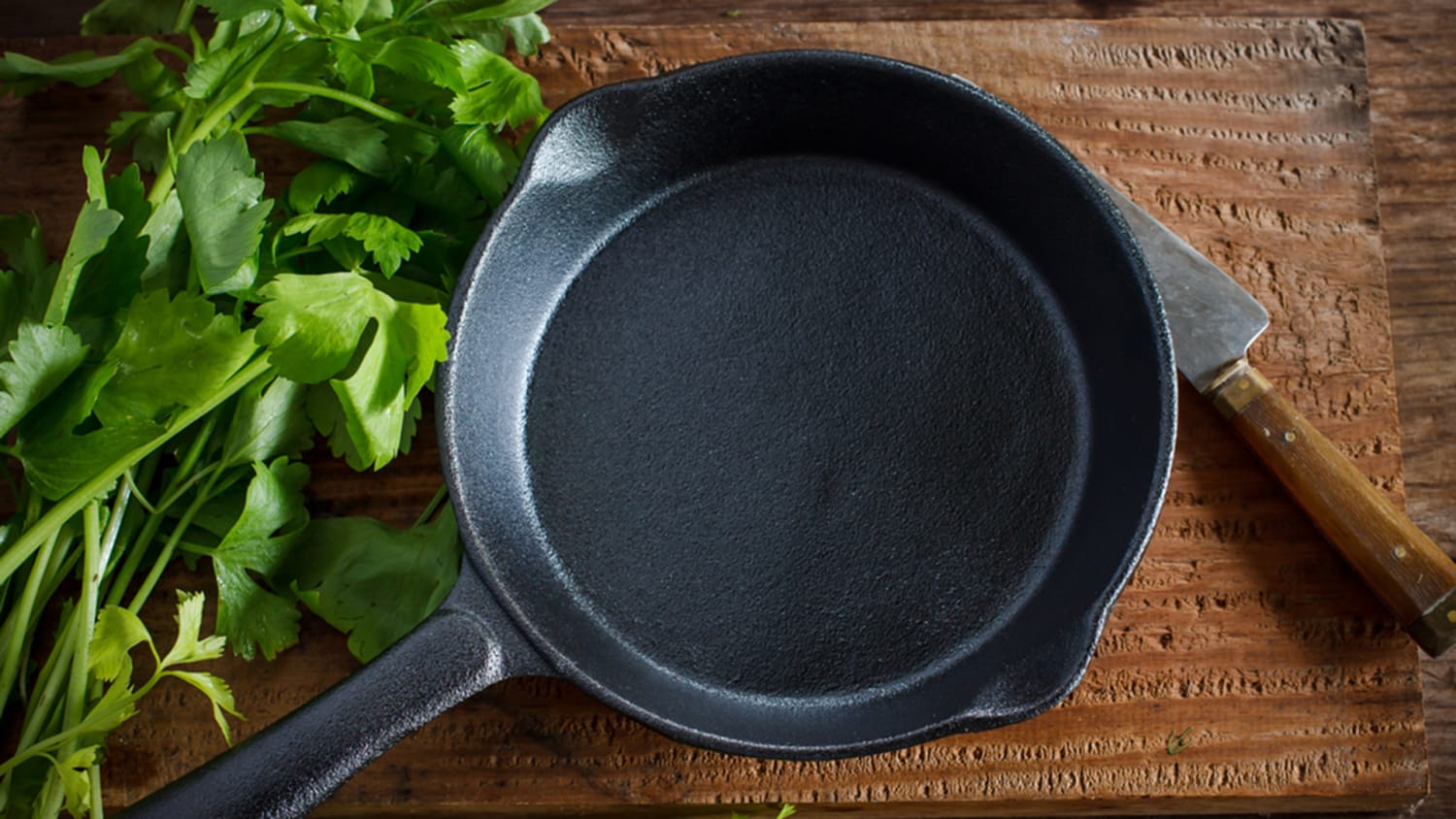

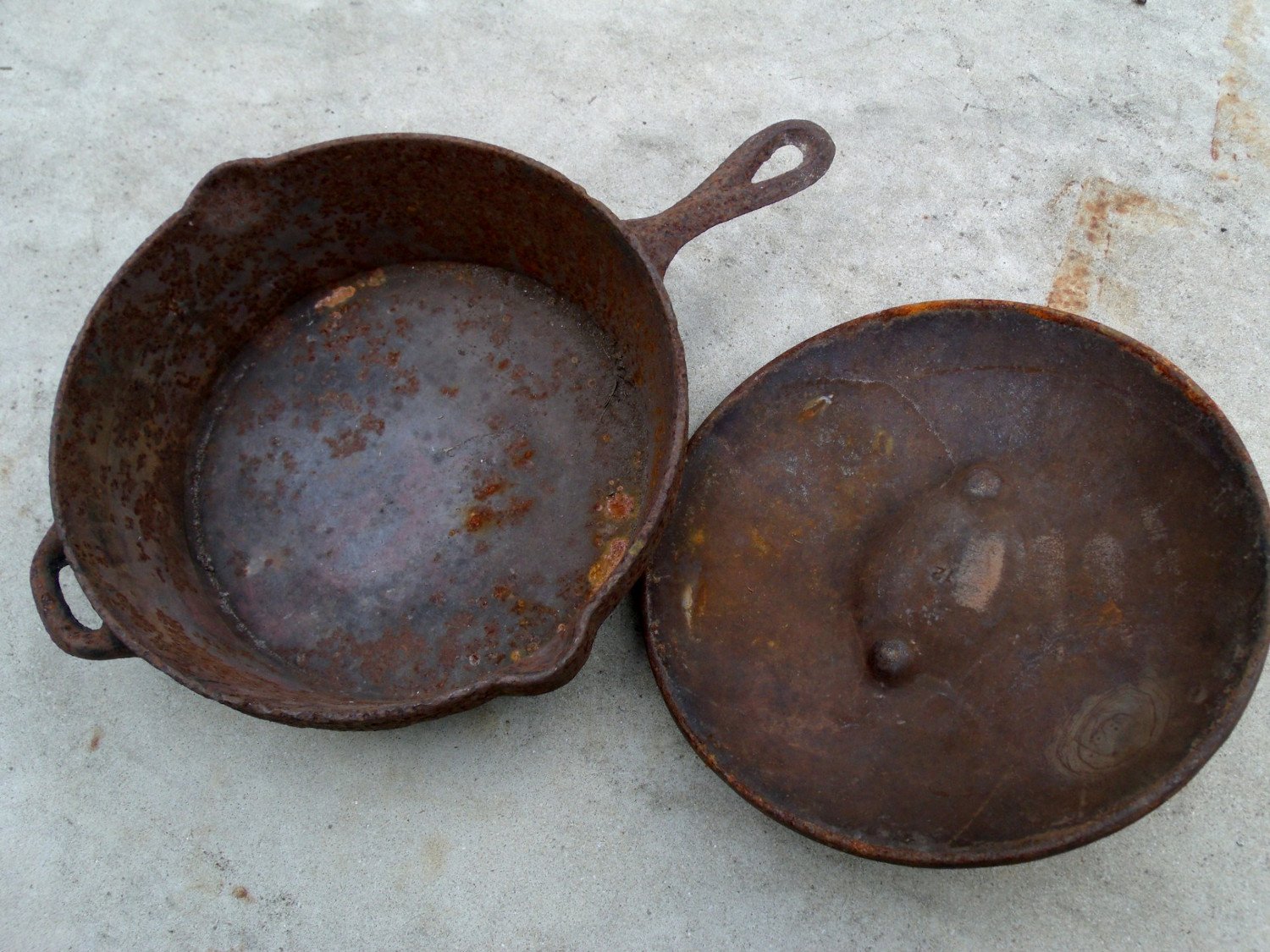


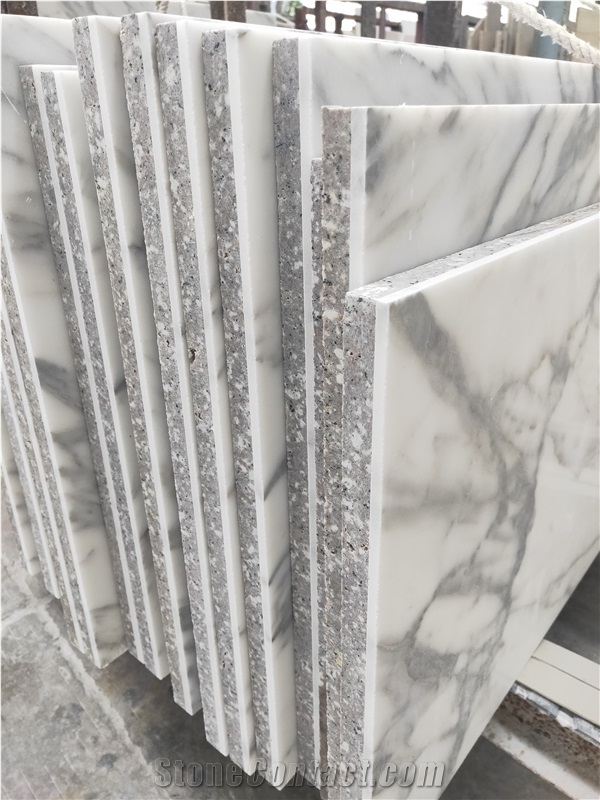
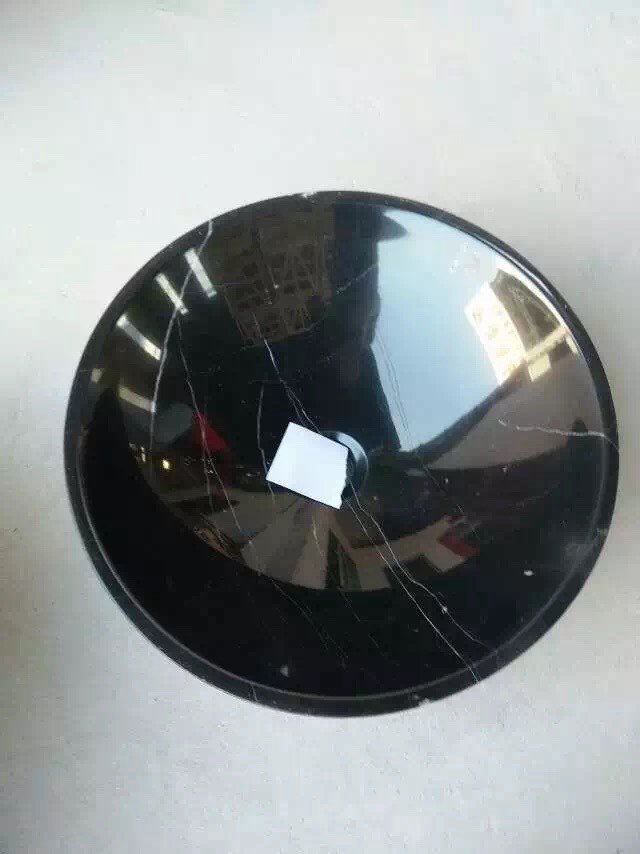


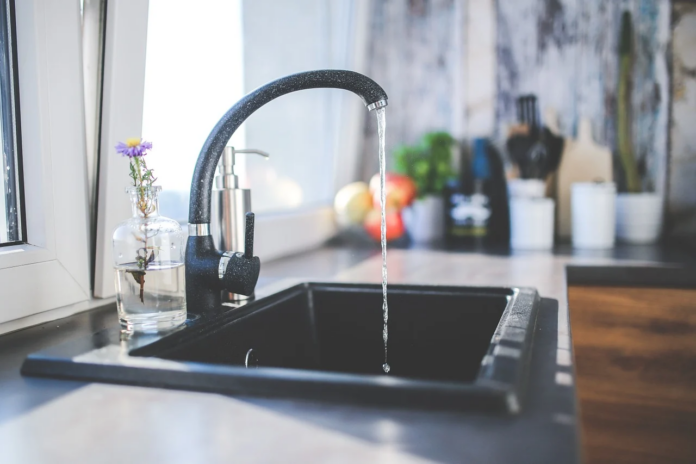


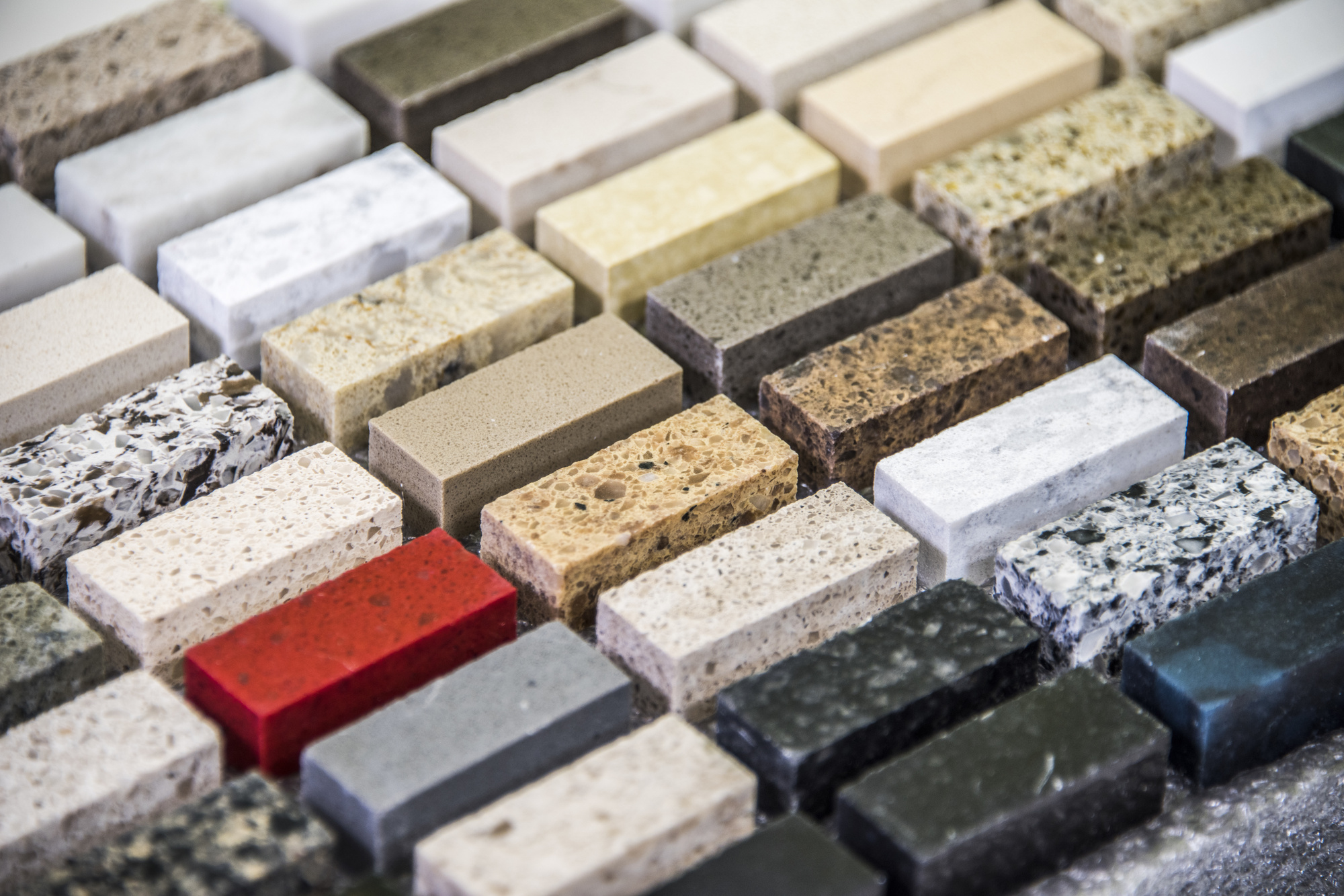


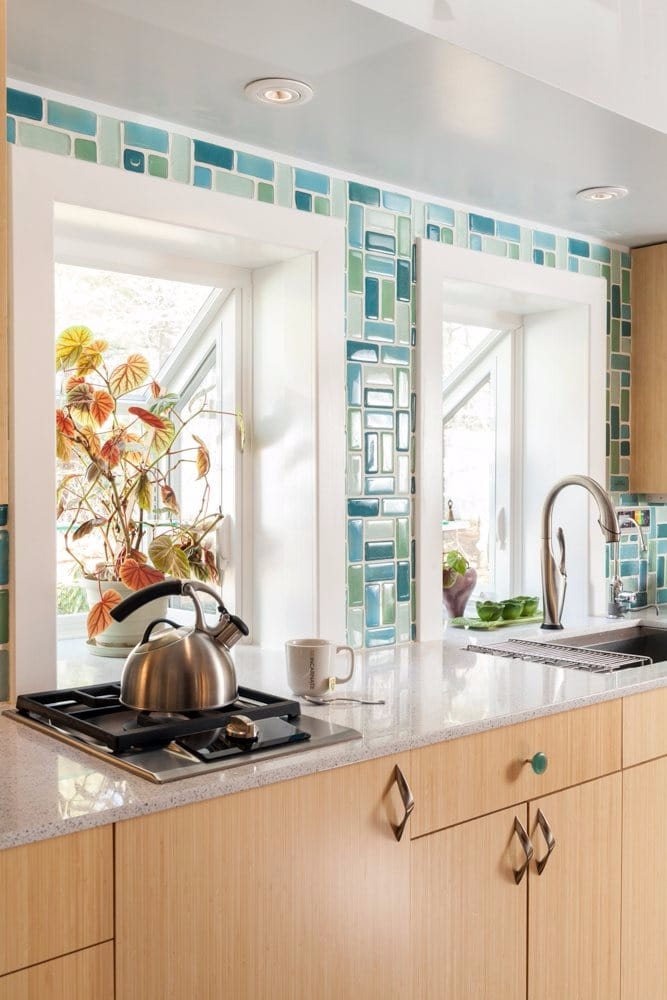

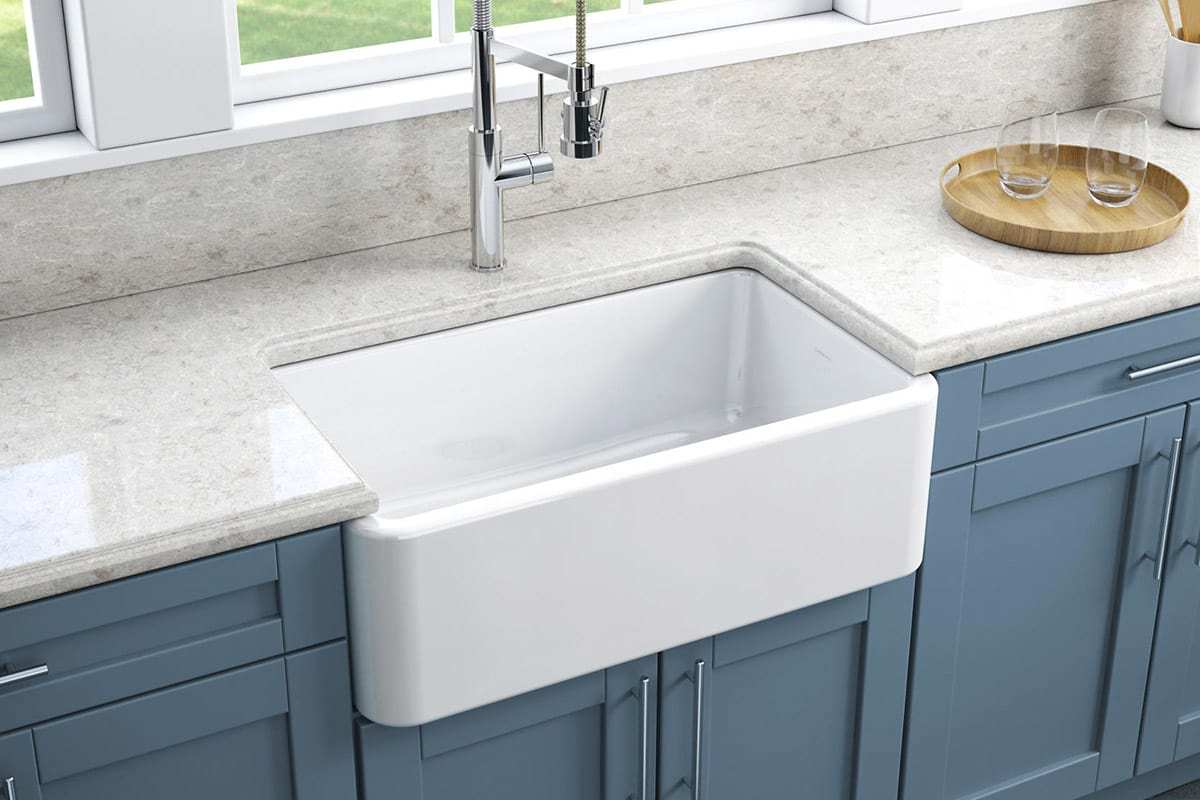

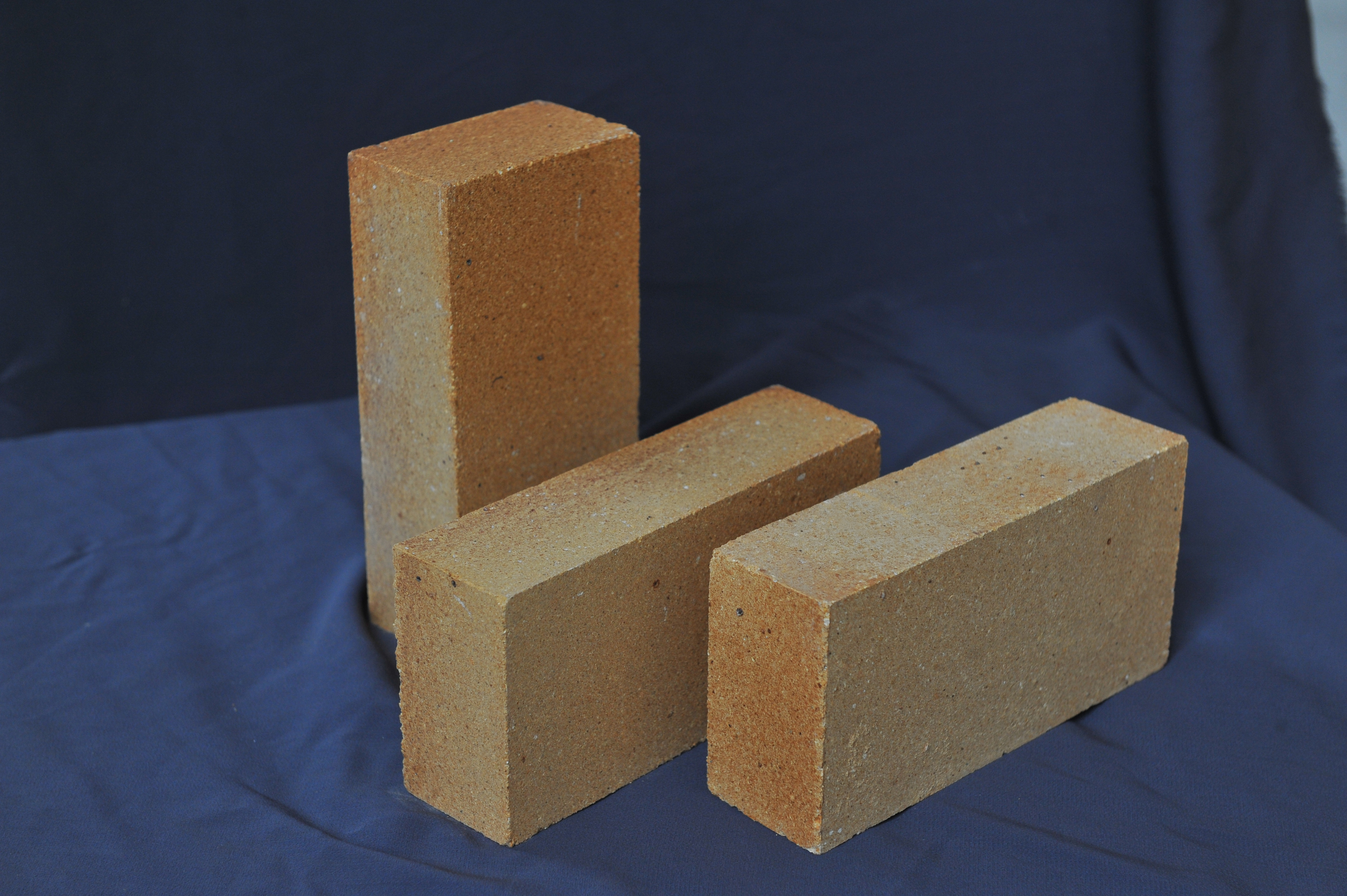
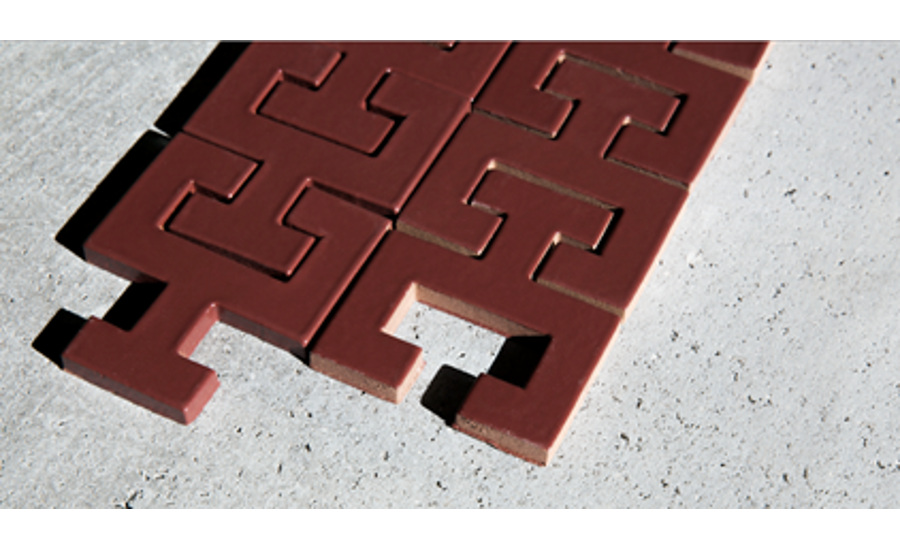





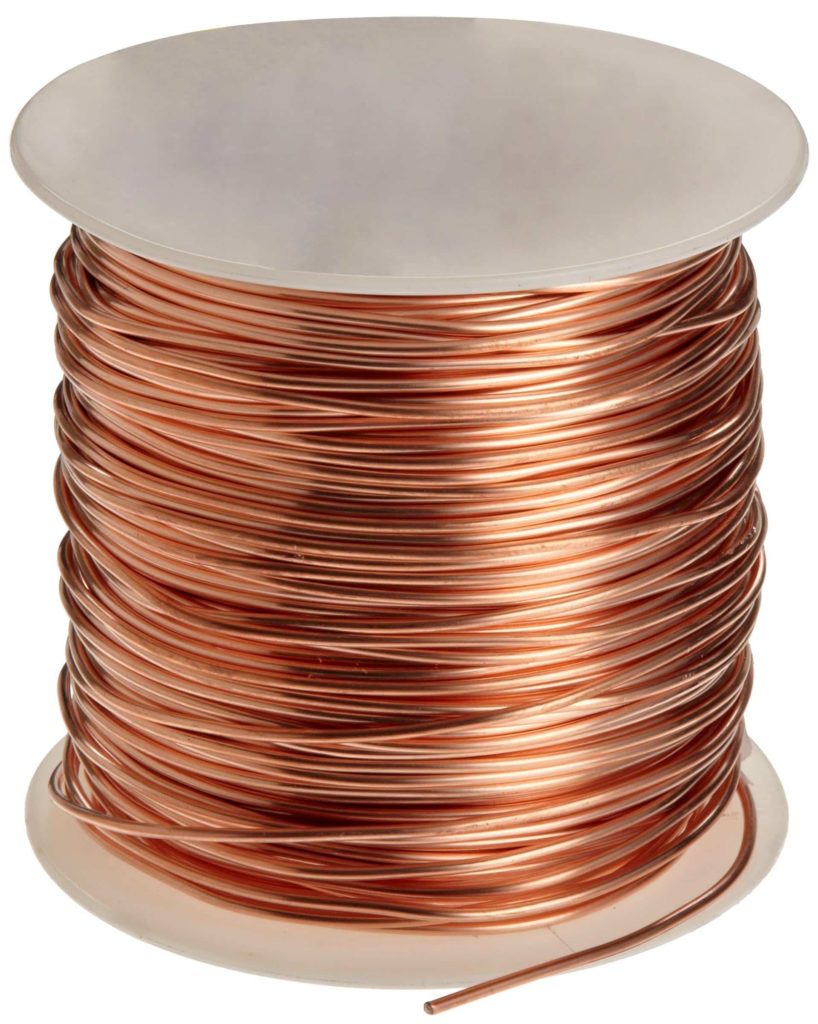


/105781528-56a613de5f9b58b7d0dfcc50.jpg)


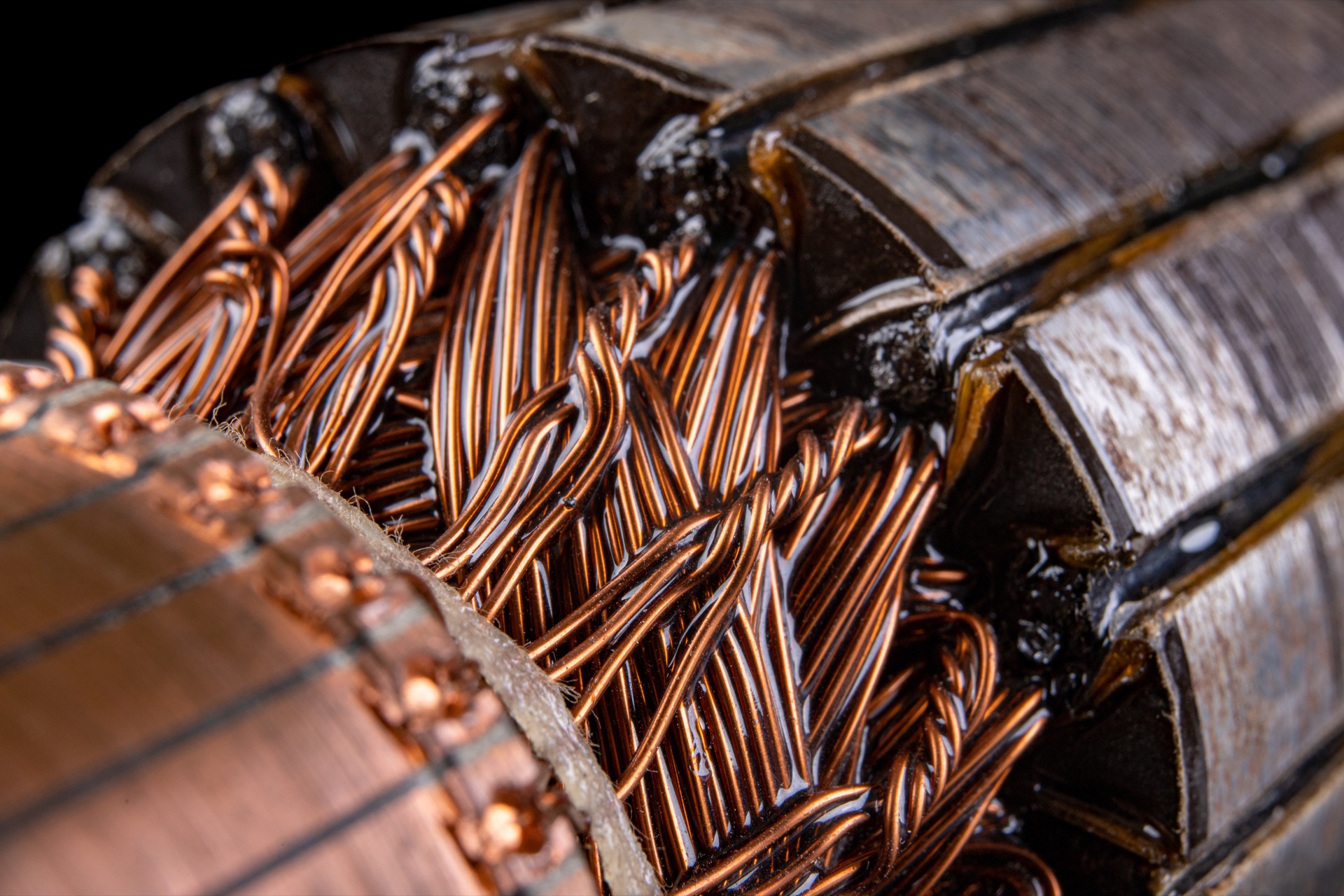
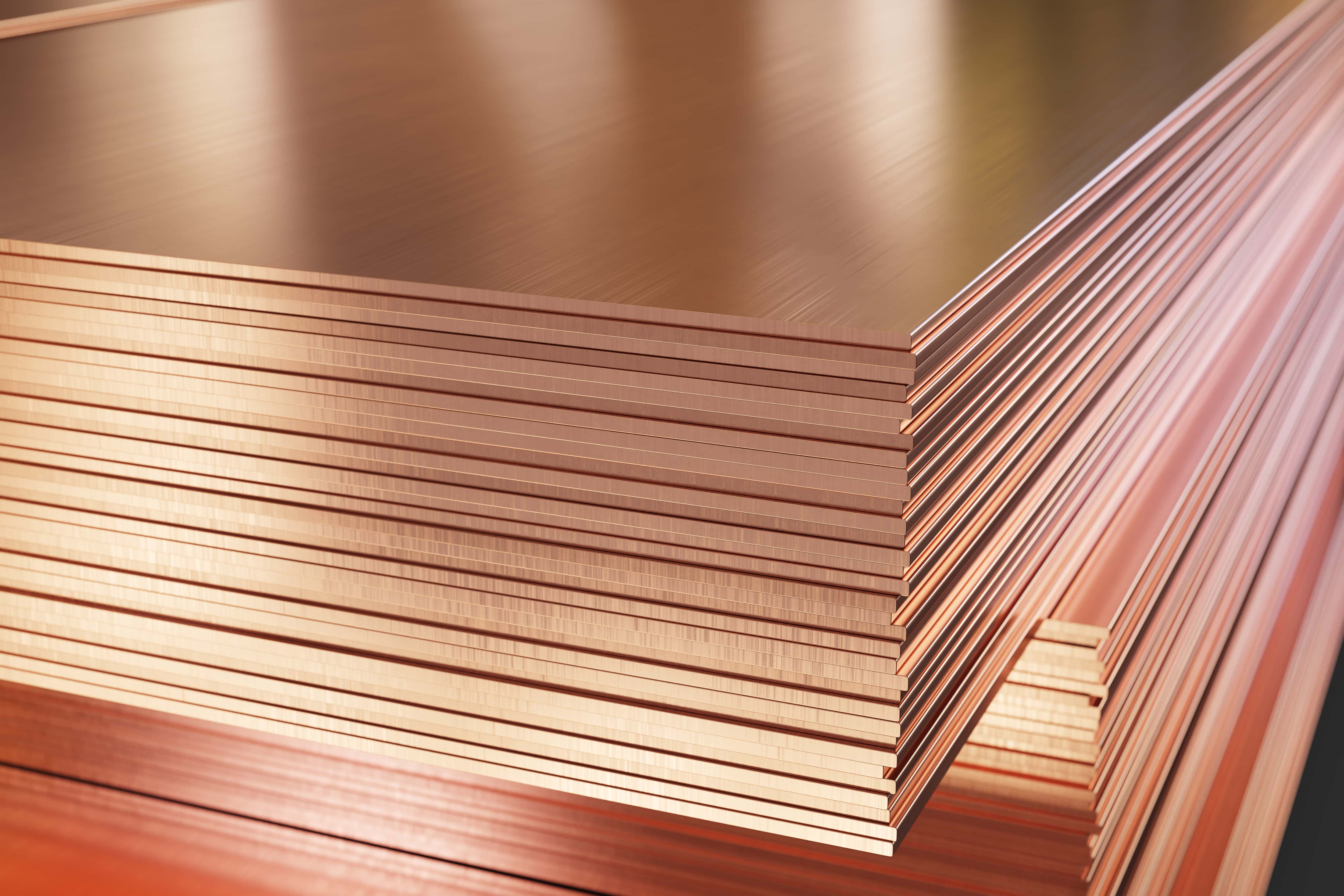




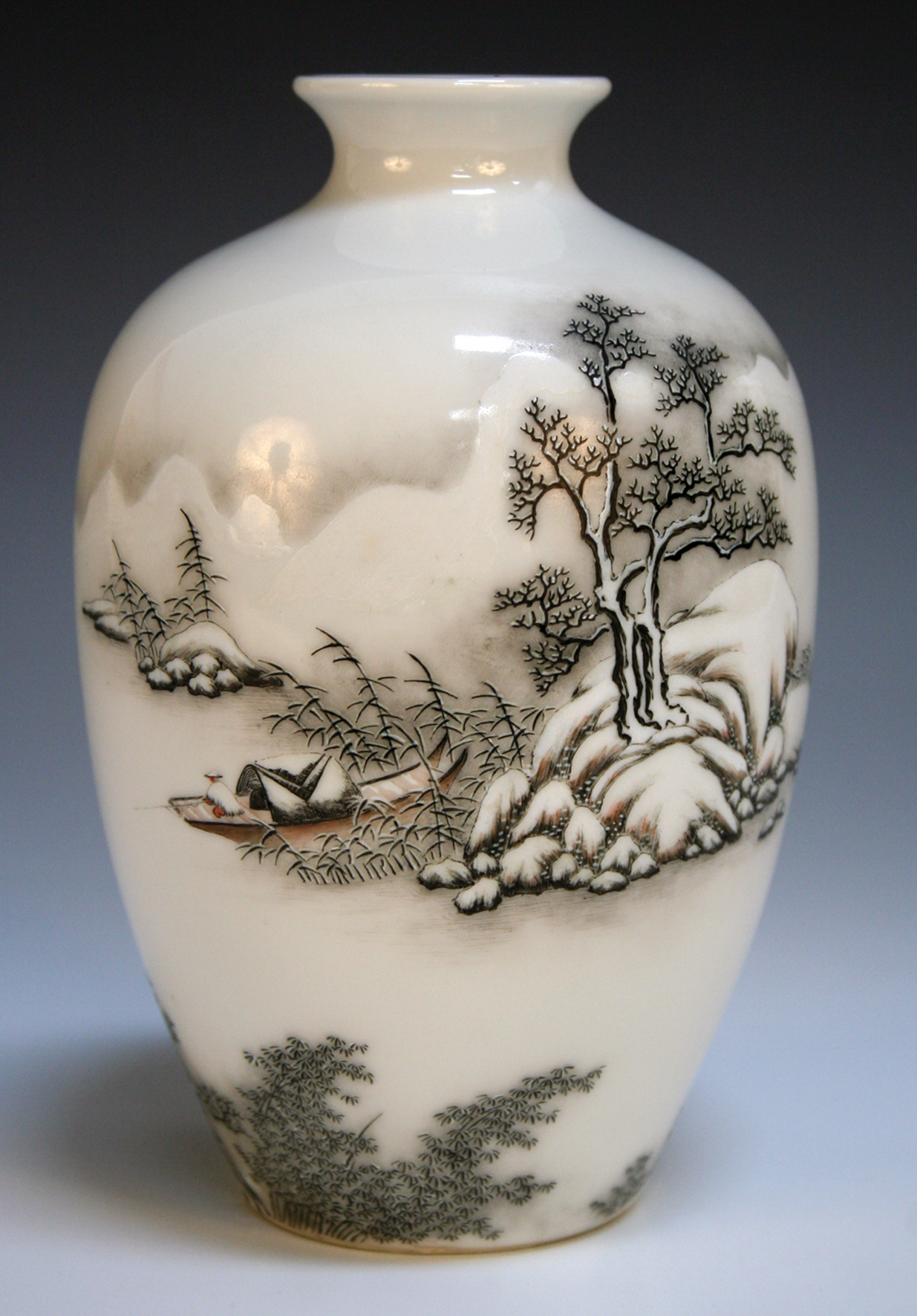



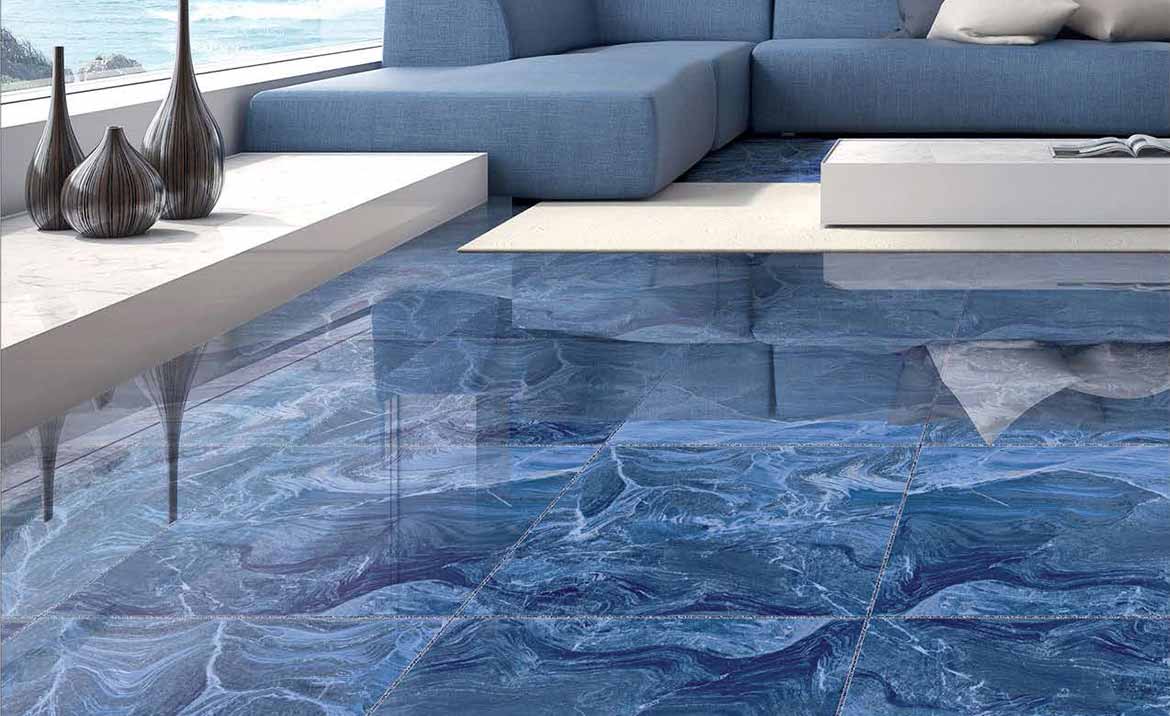




/WetPorcelainTile-5acfa0213037130037cecba0.jpg)



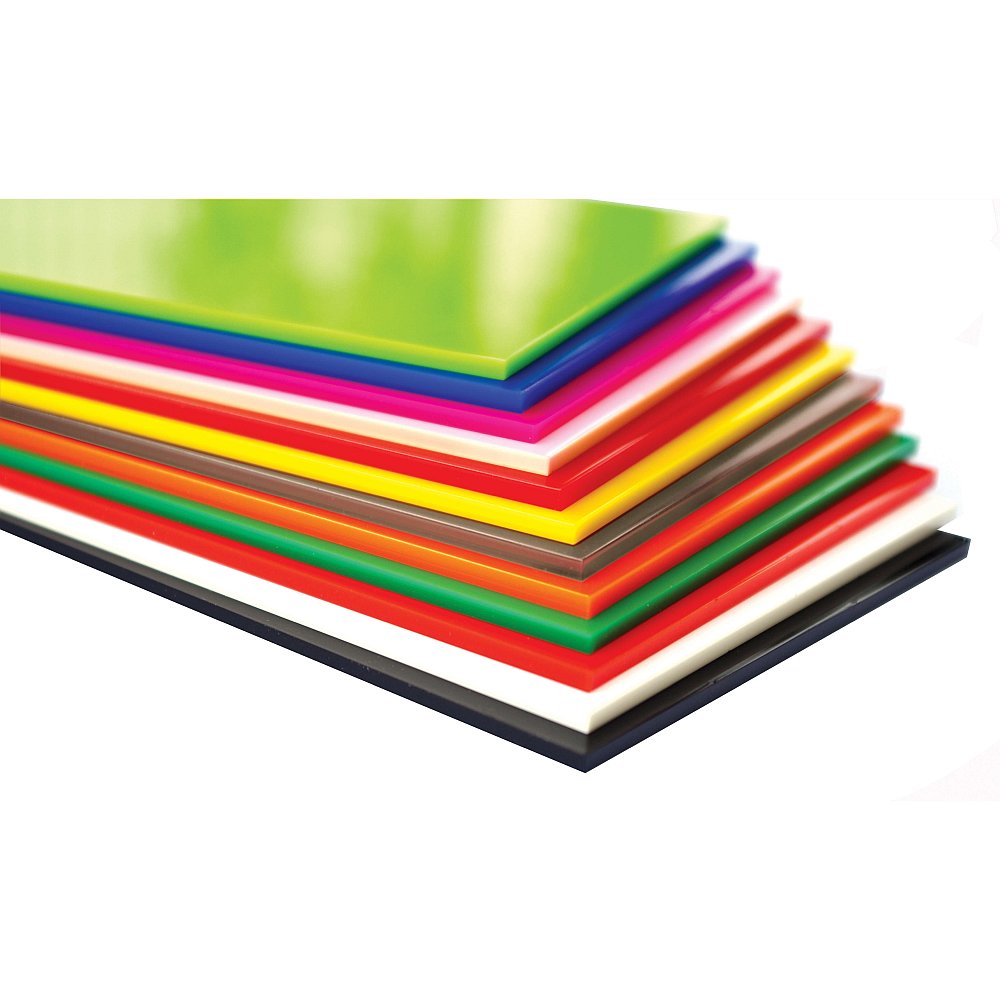

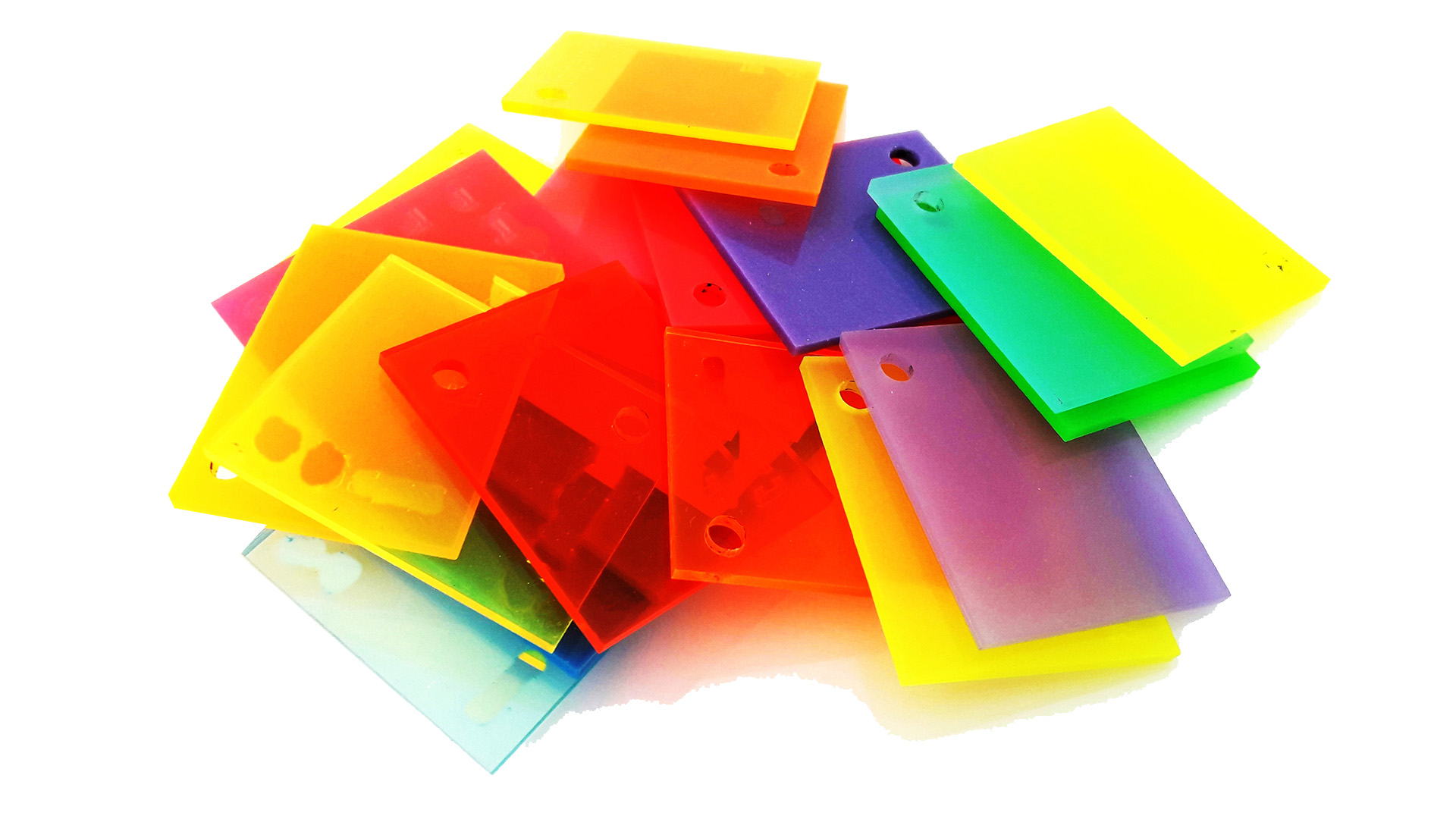
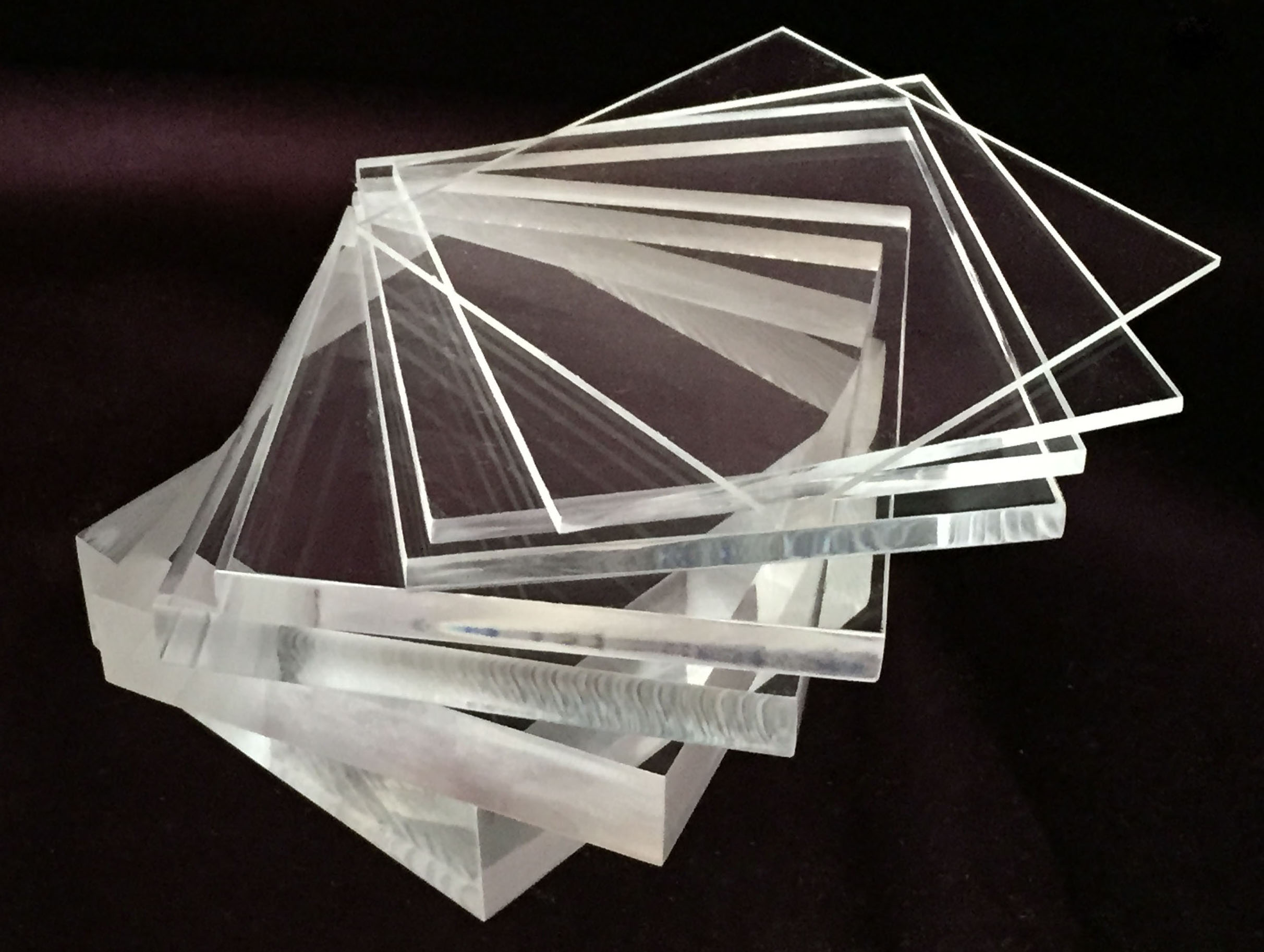
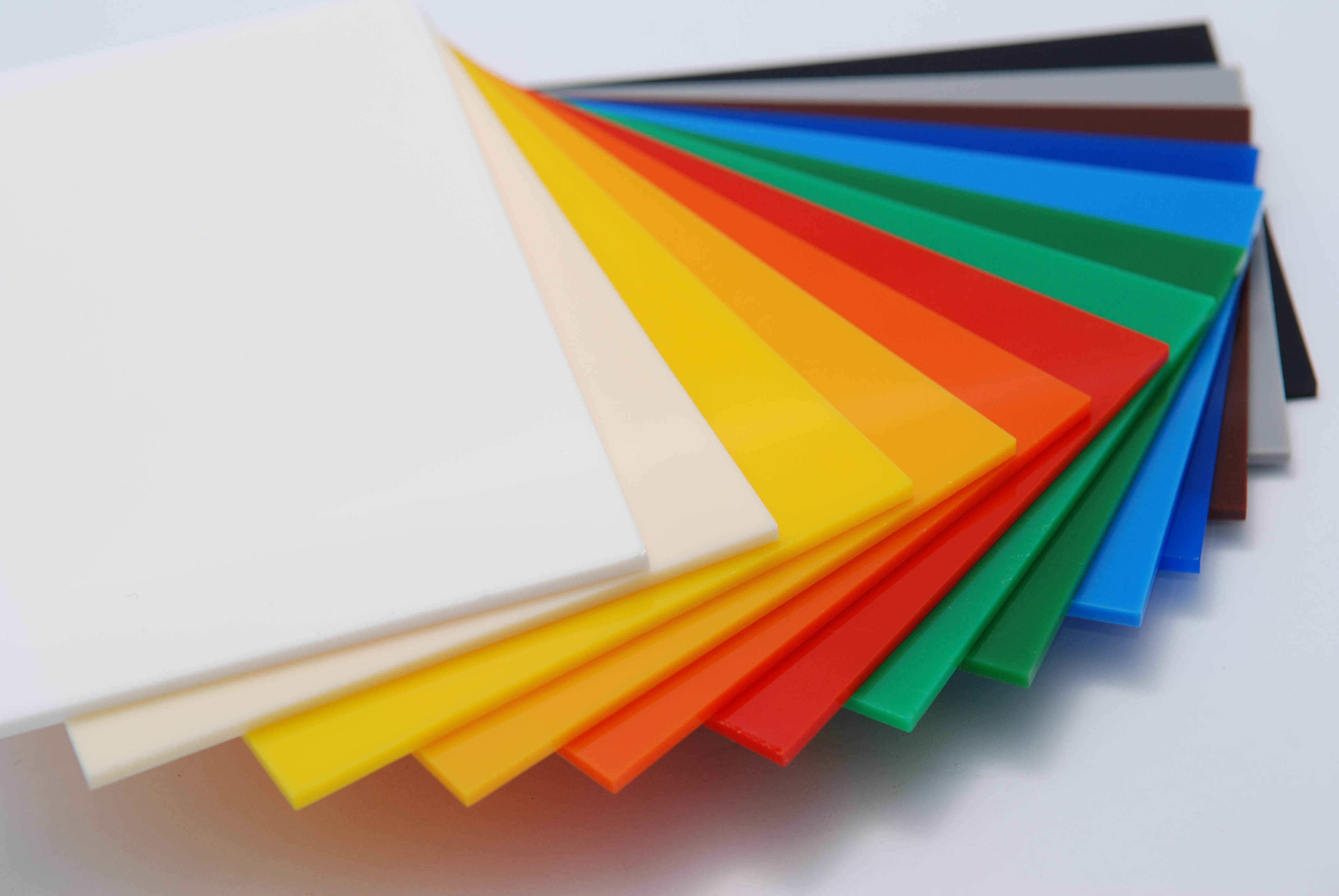
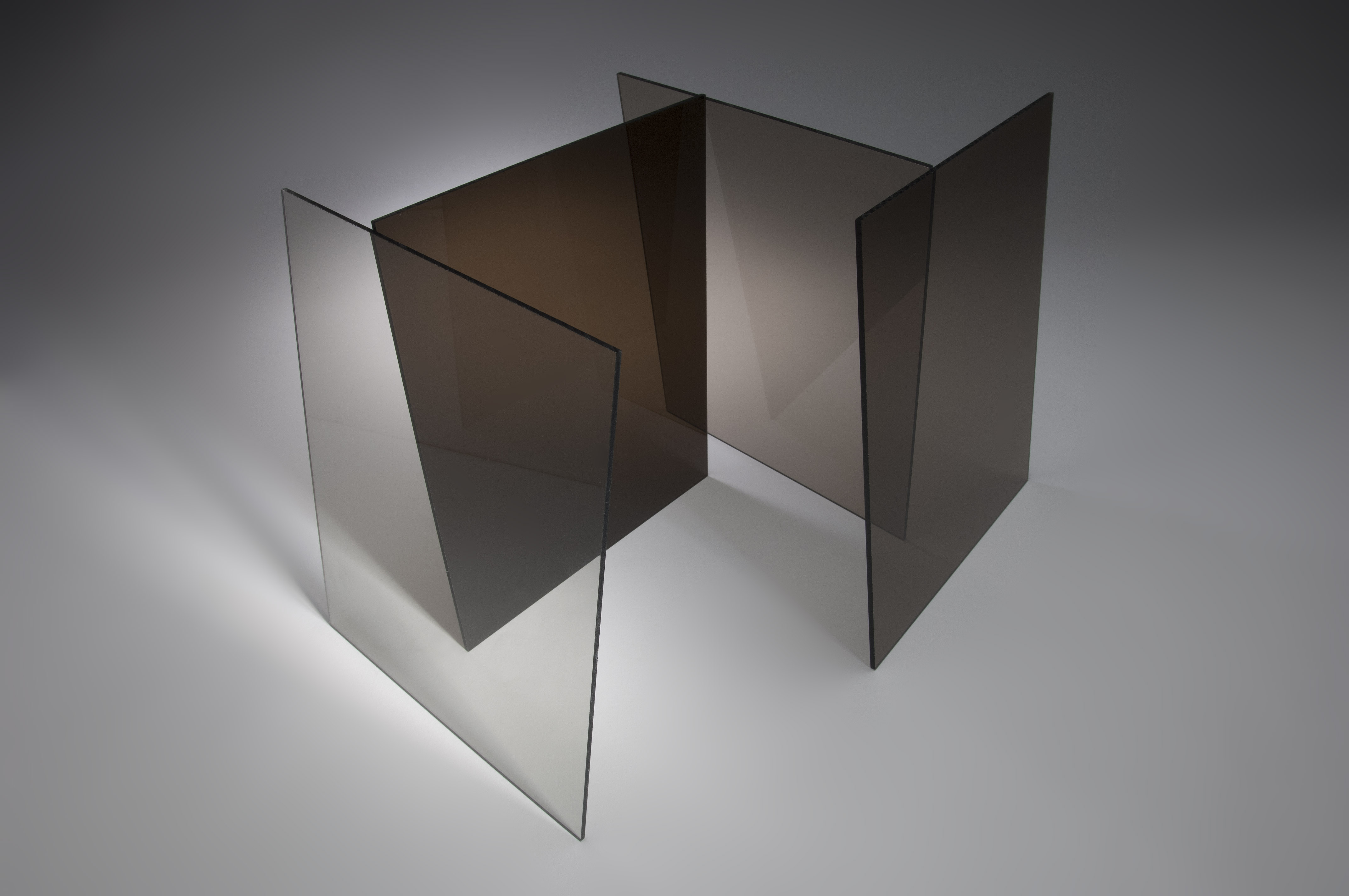
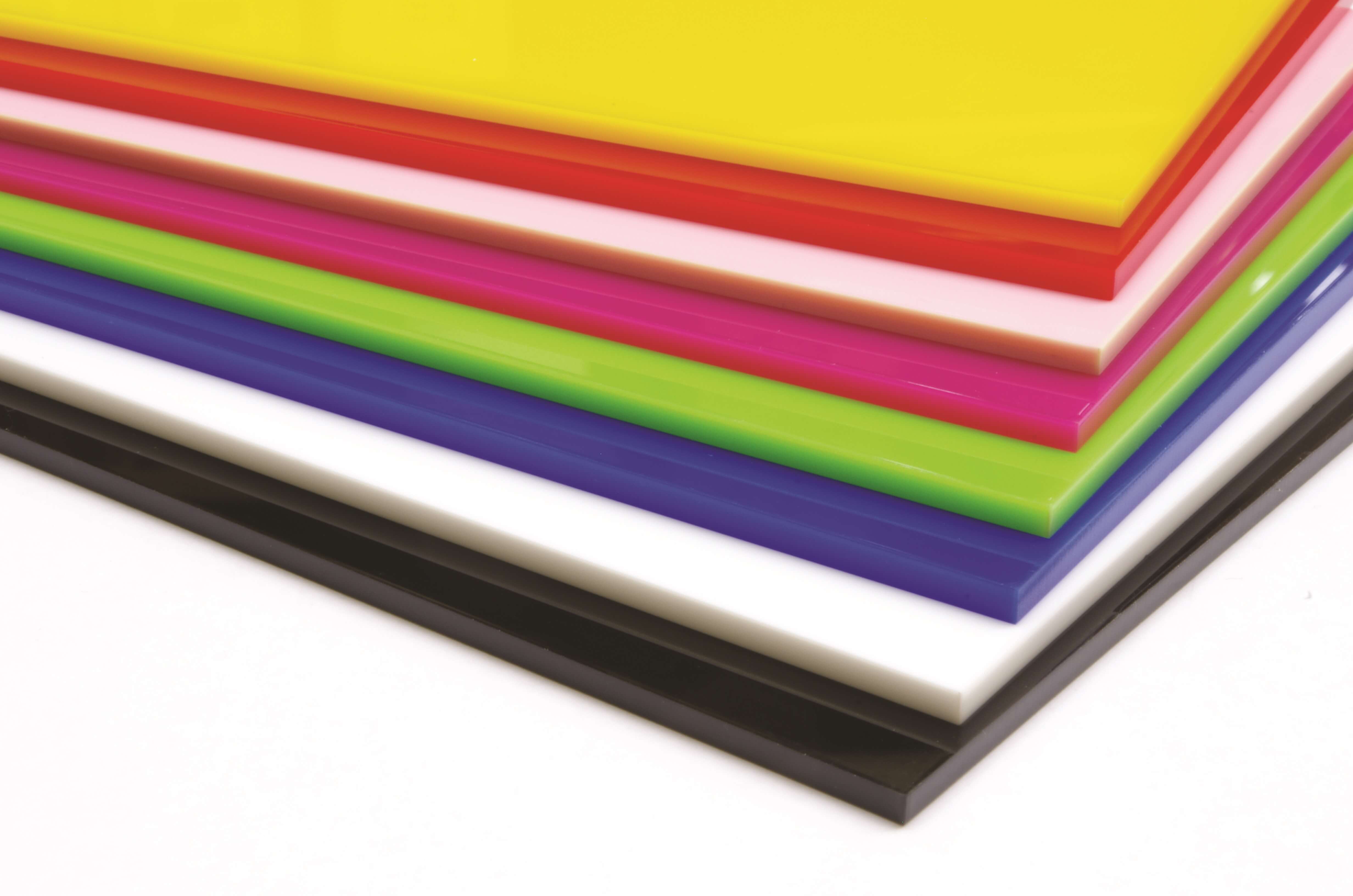
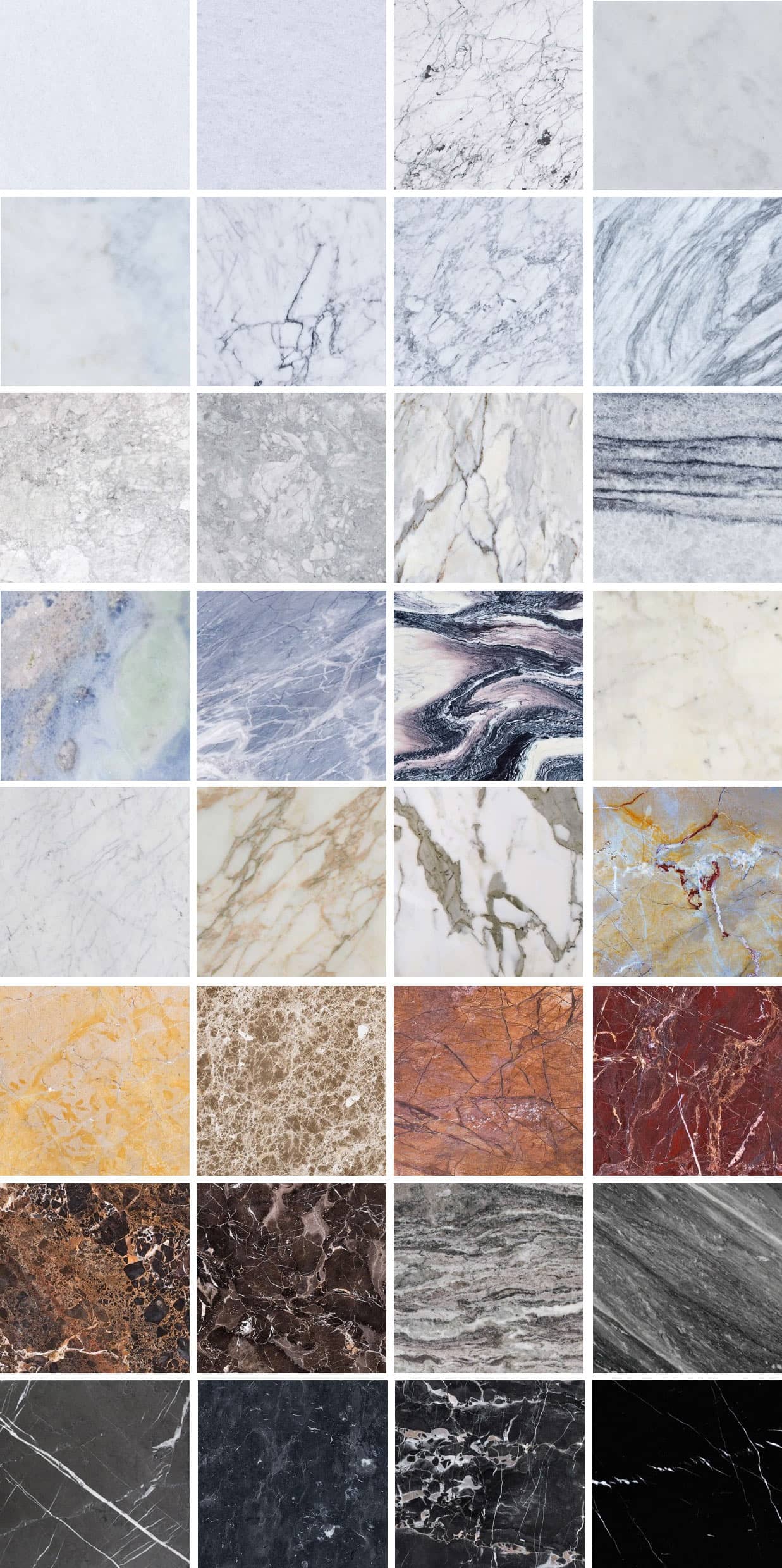
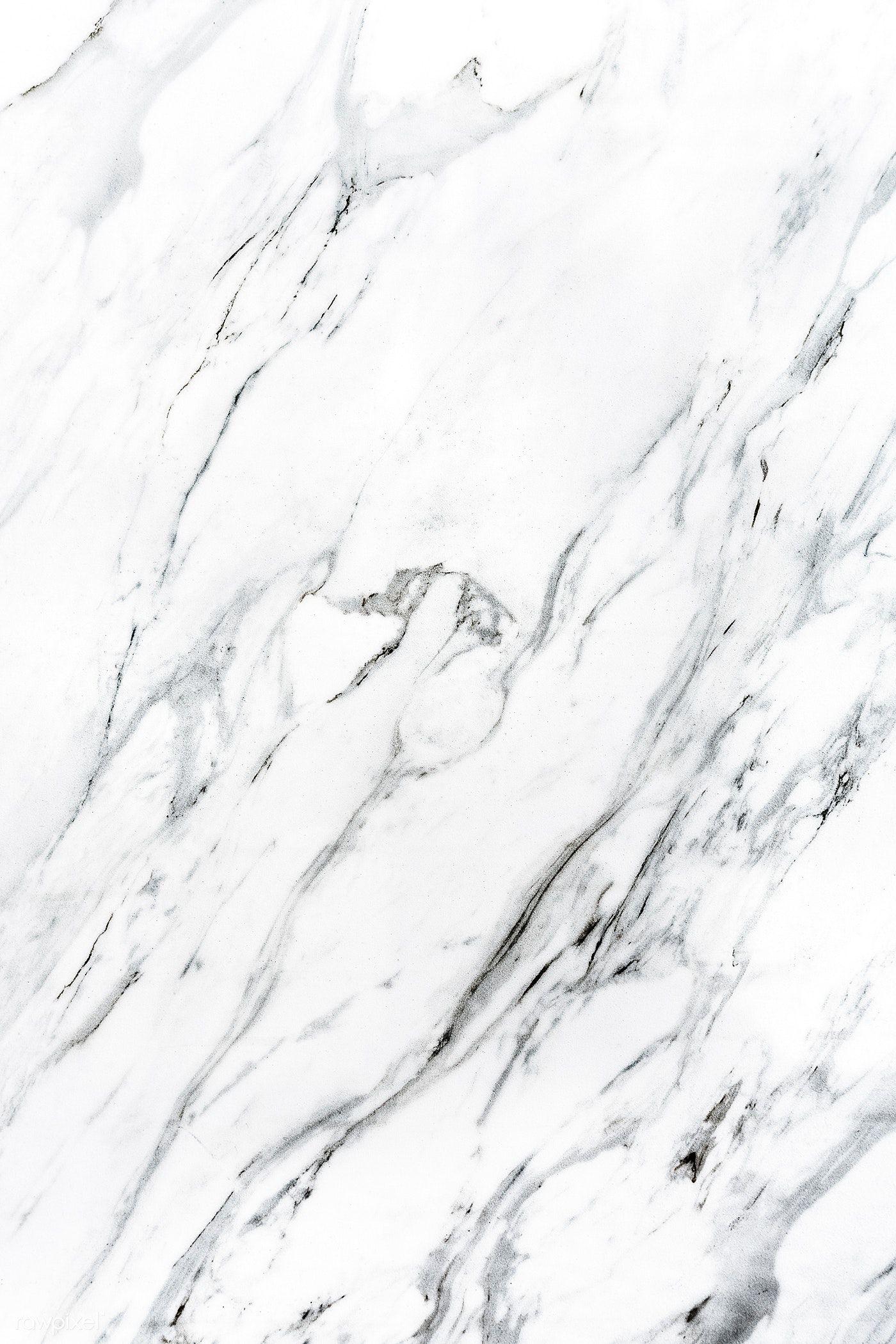
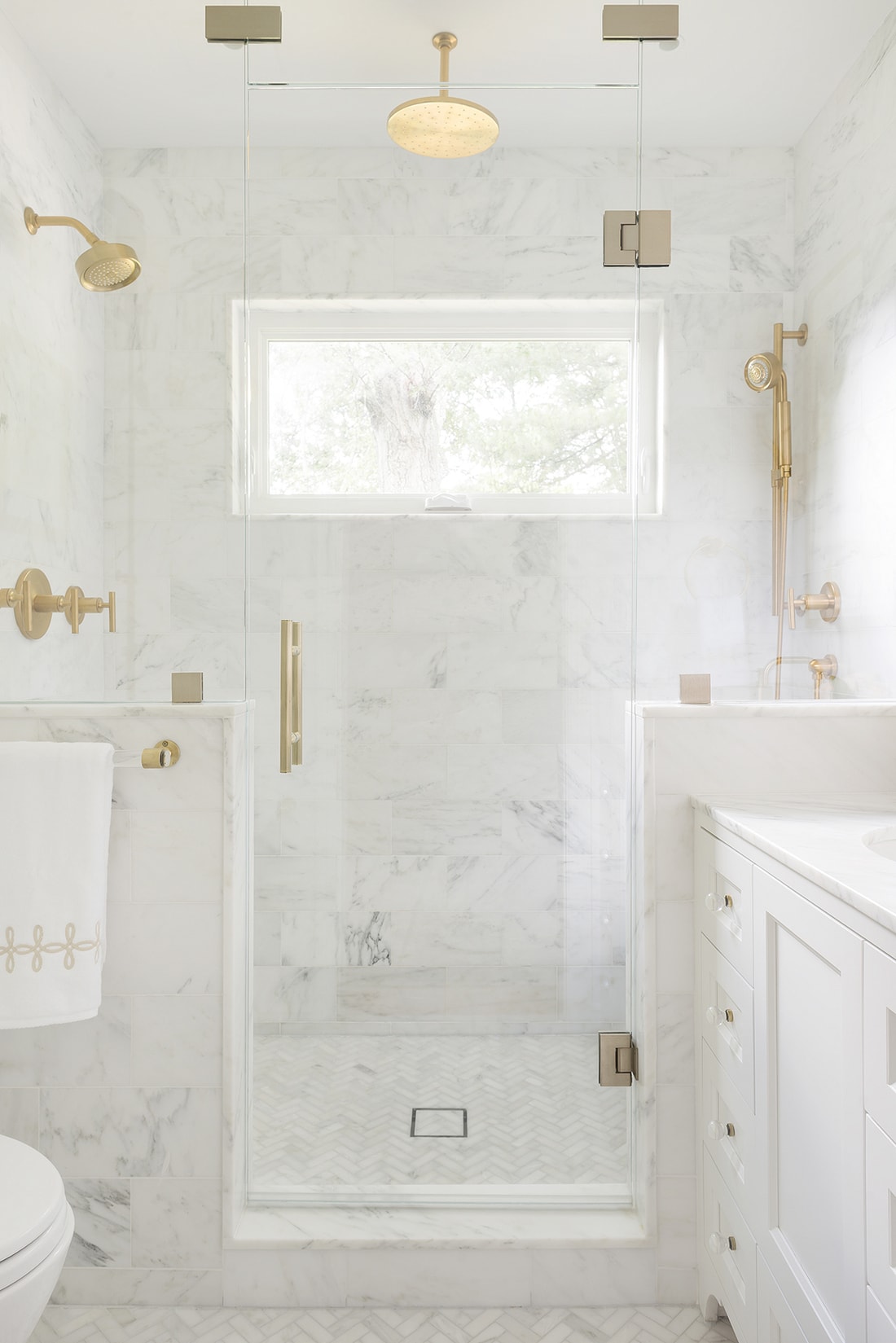
/marble-941374788-5b16eaa4fa6bcc00369692c7.jpg)
